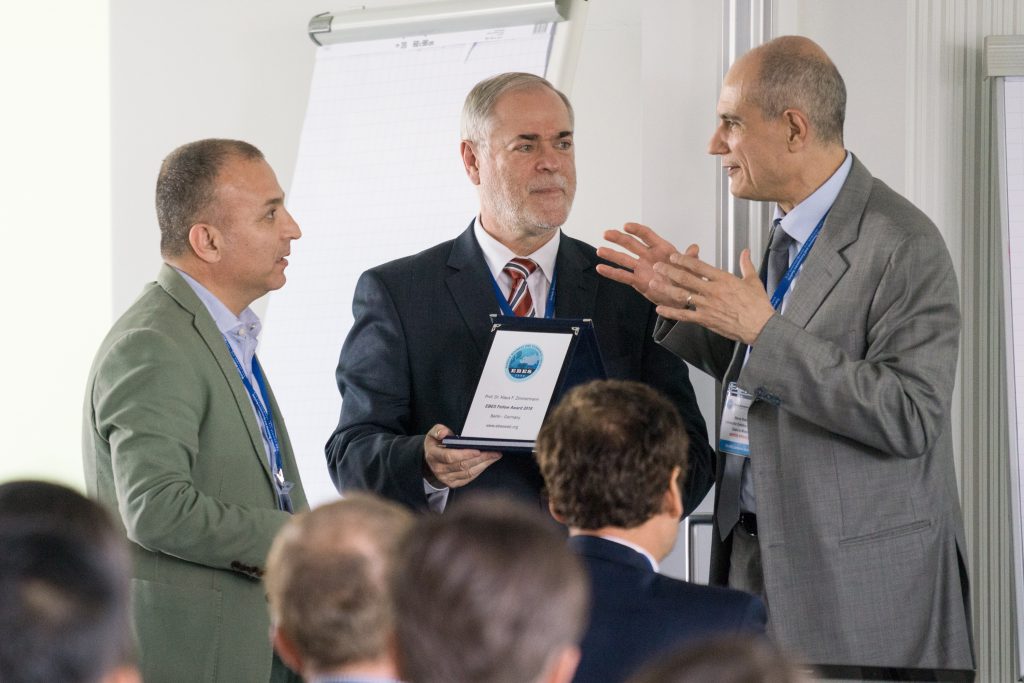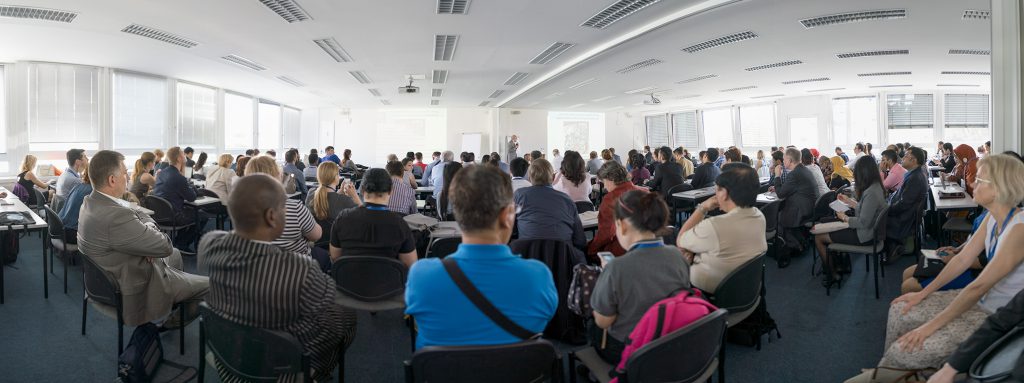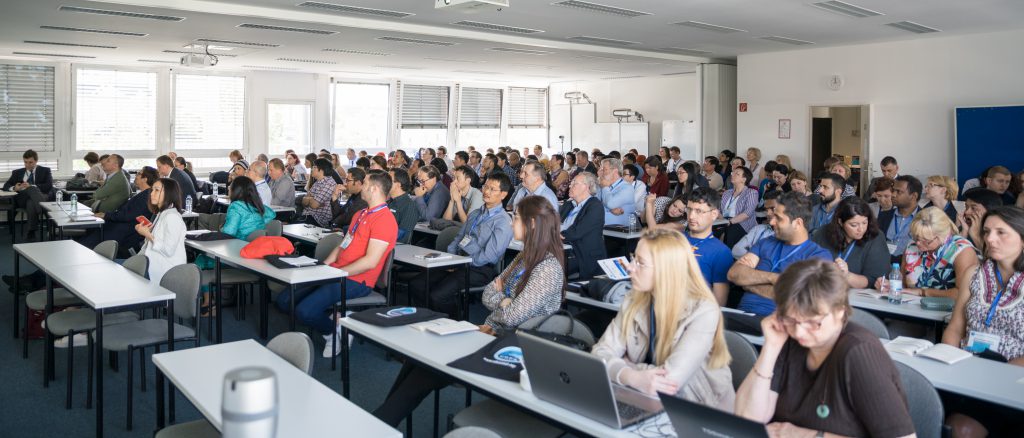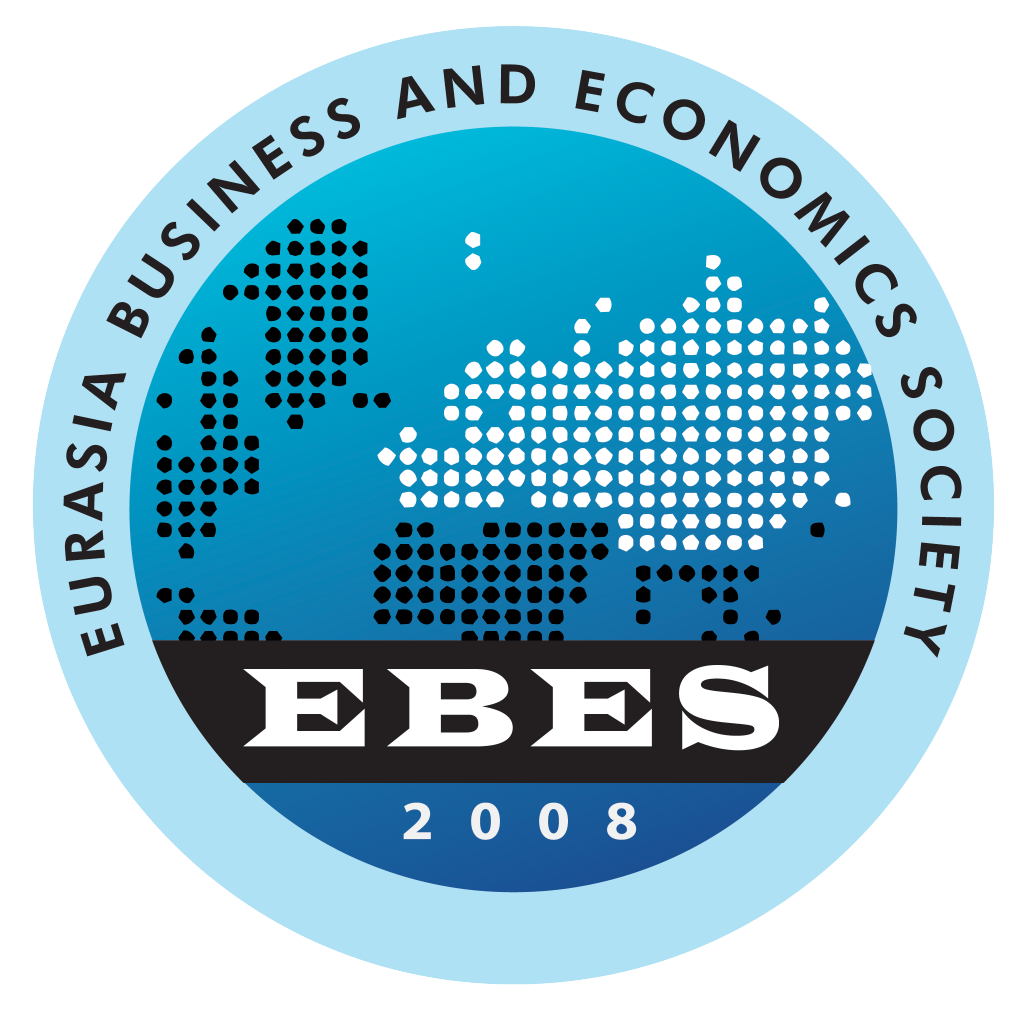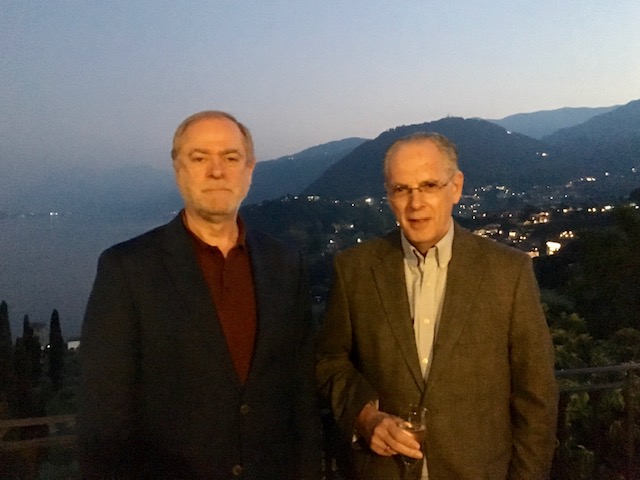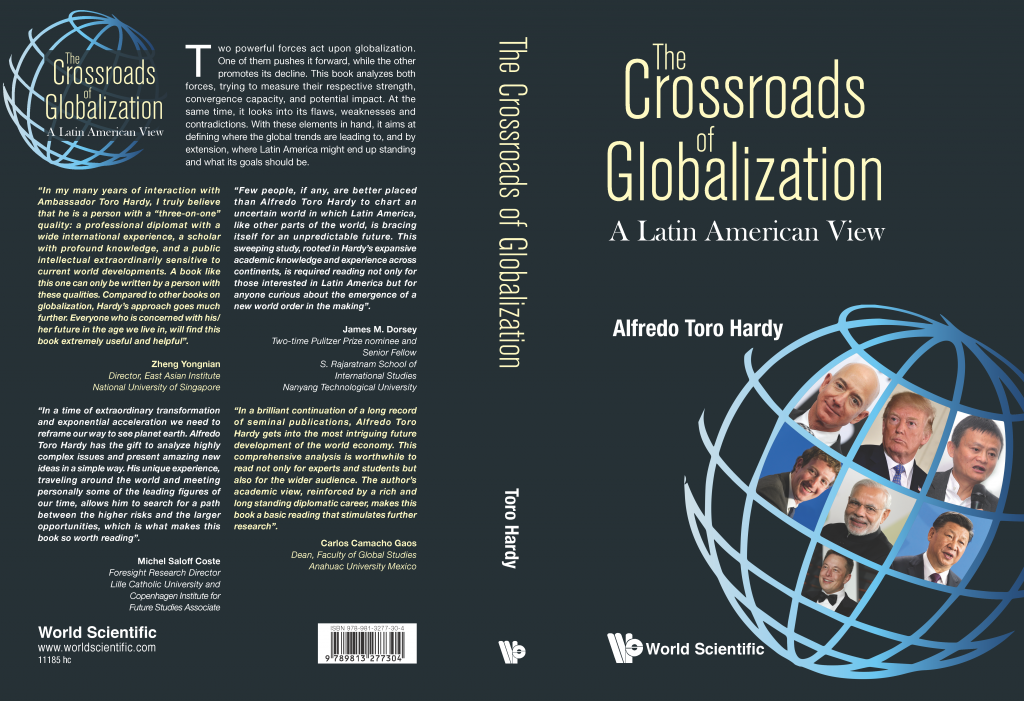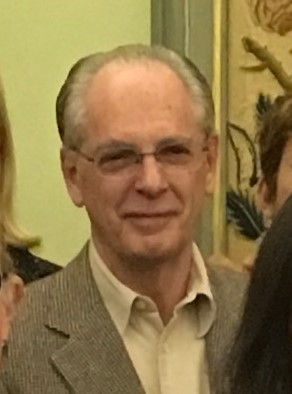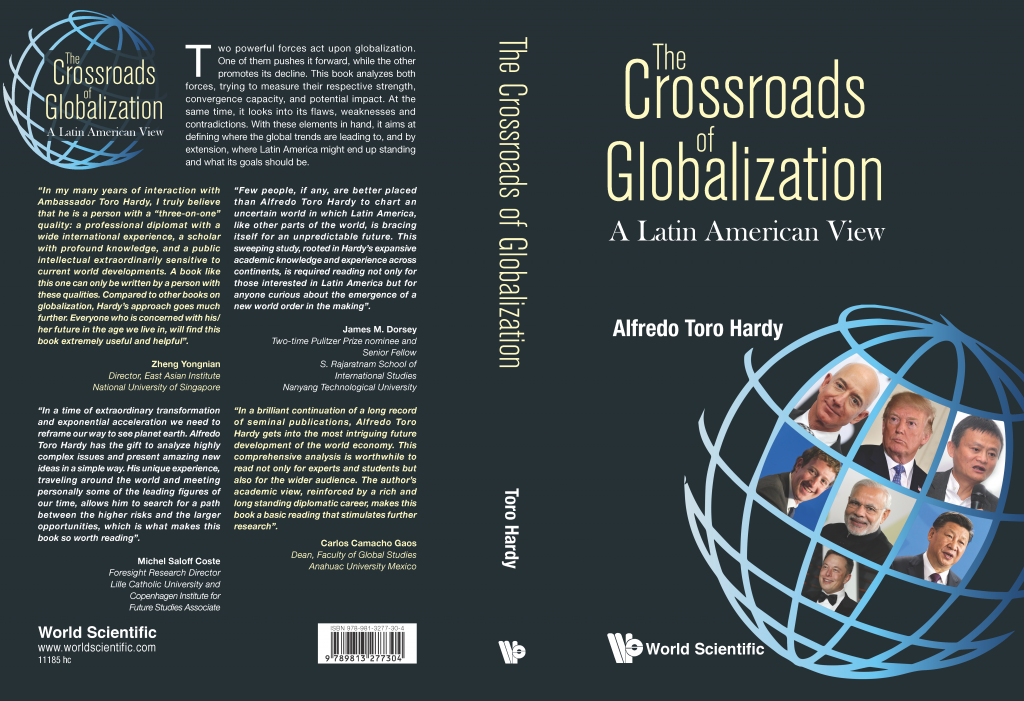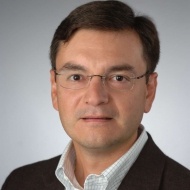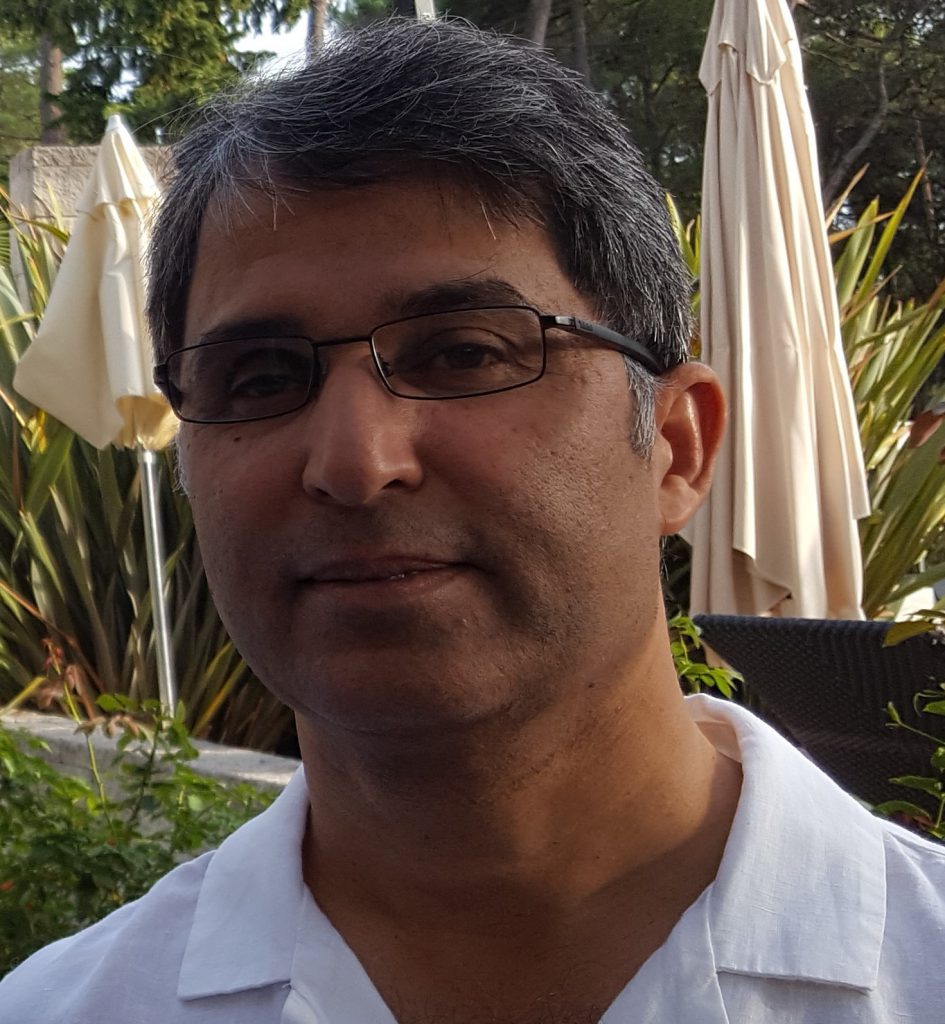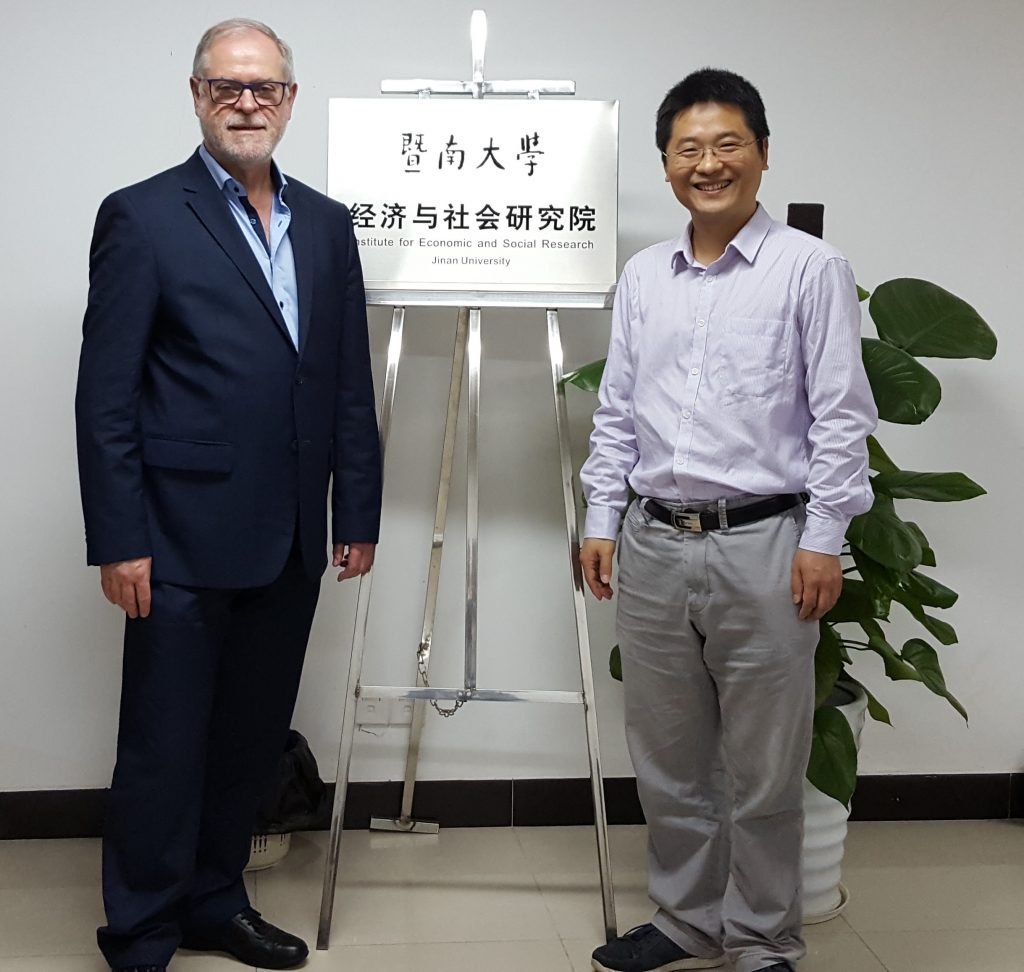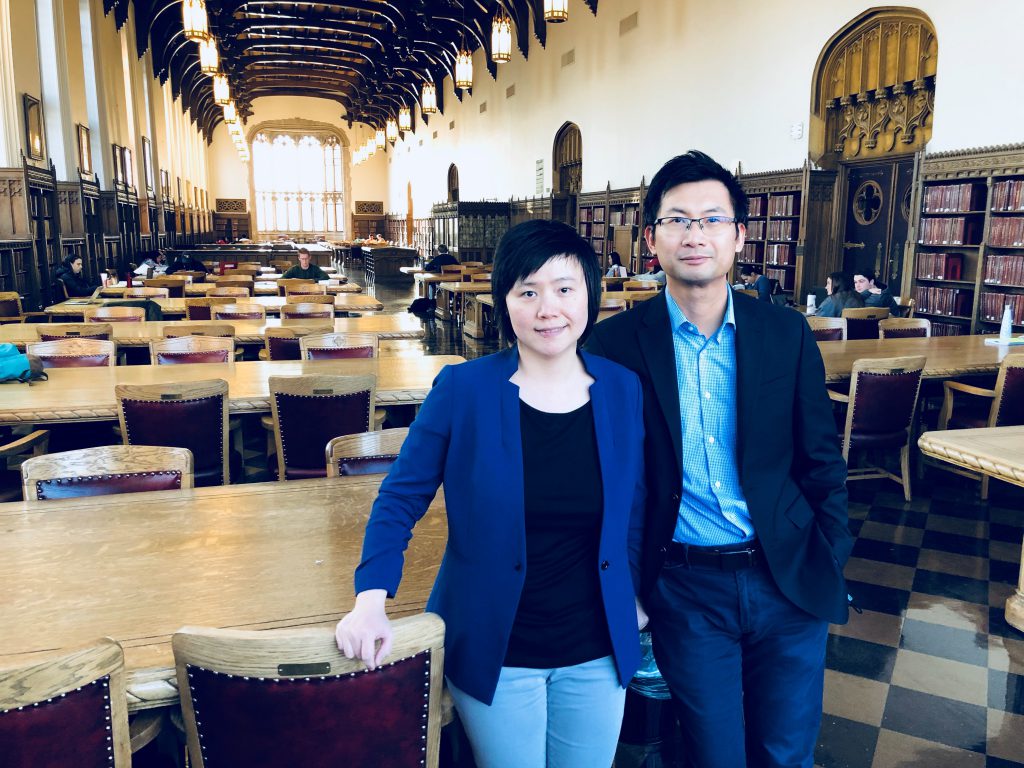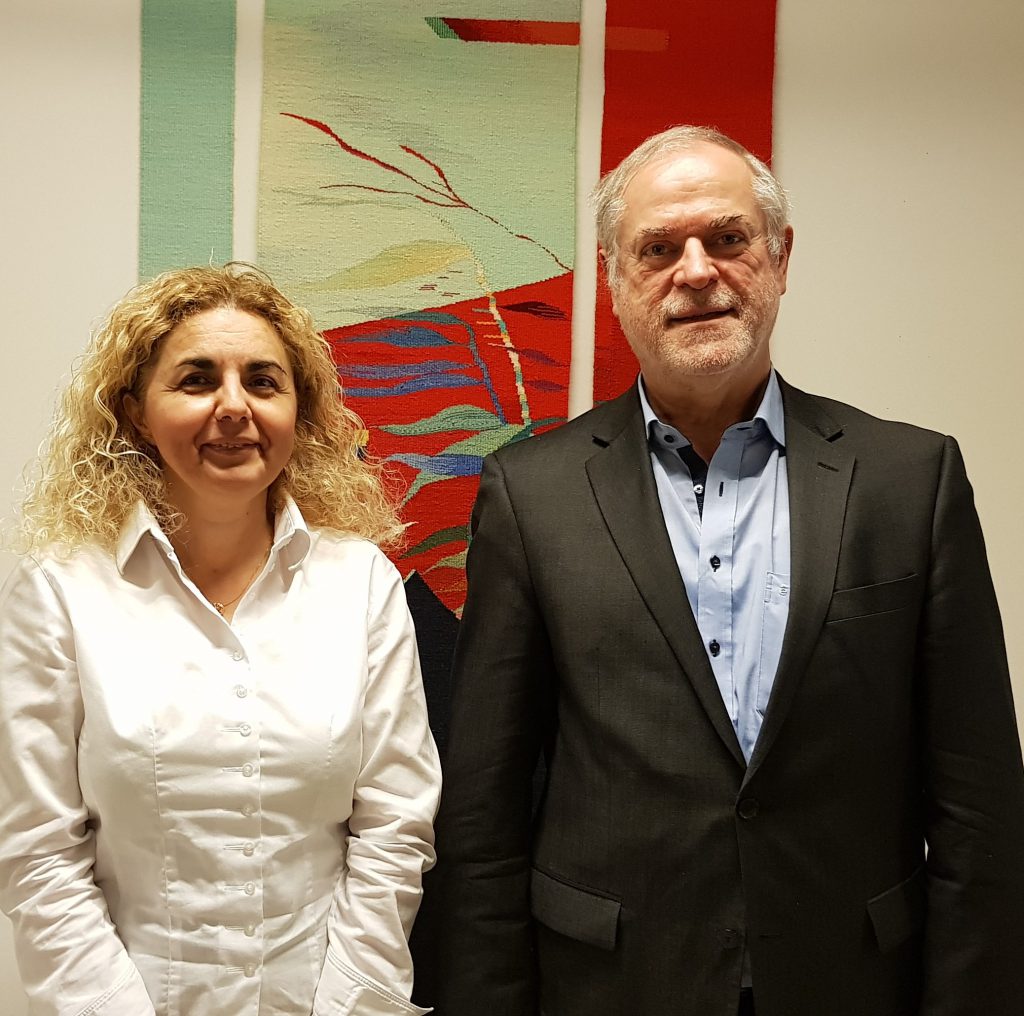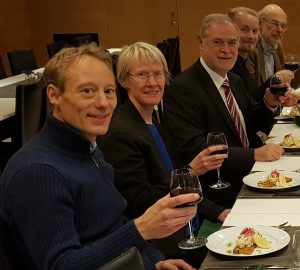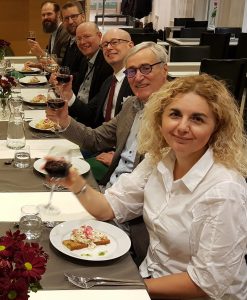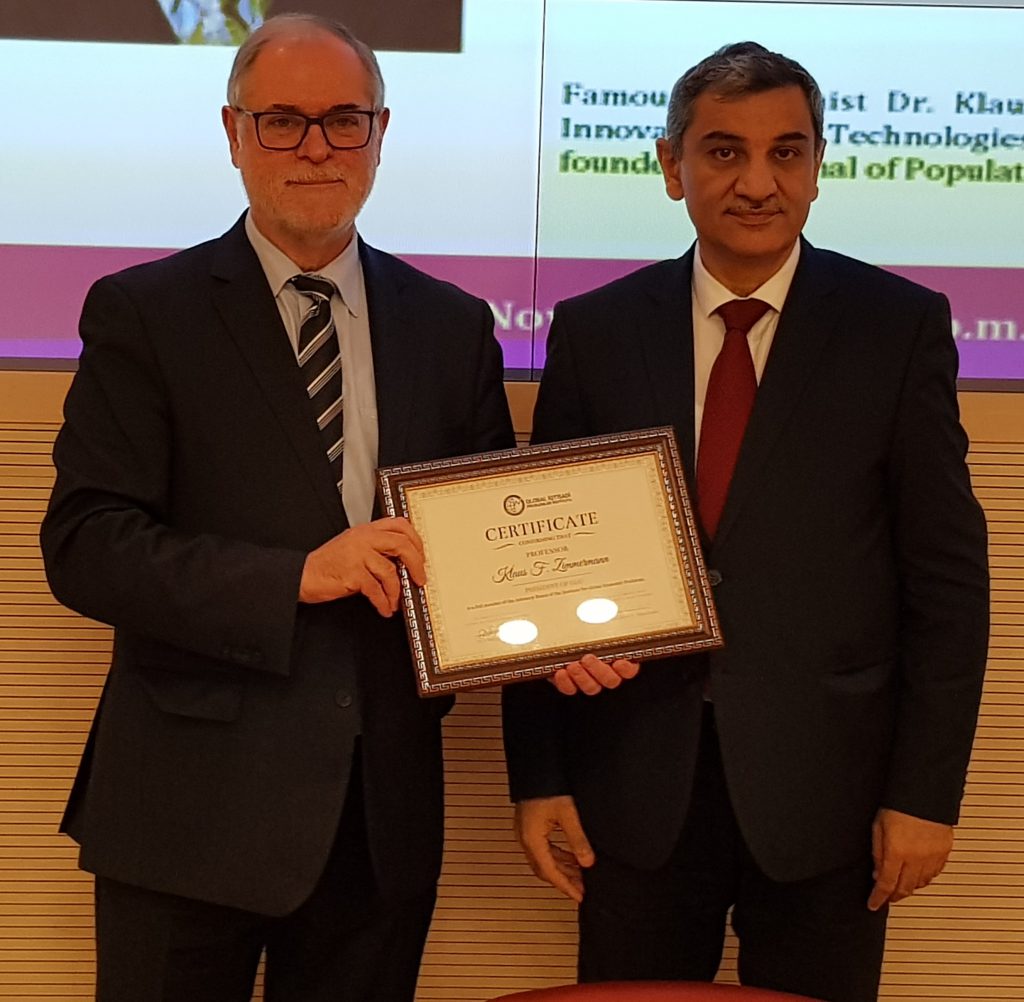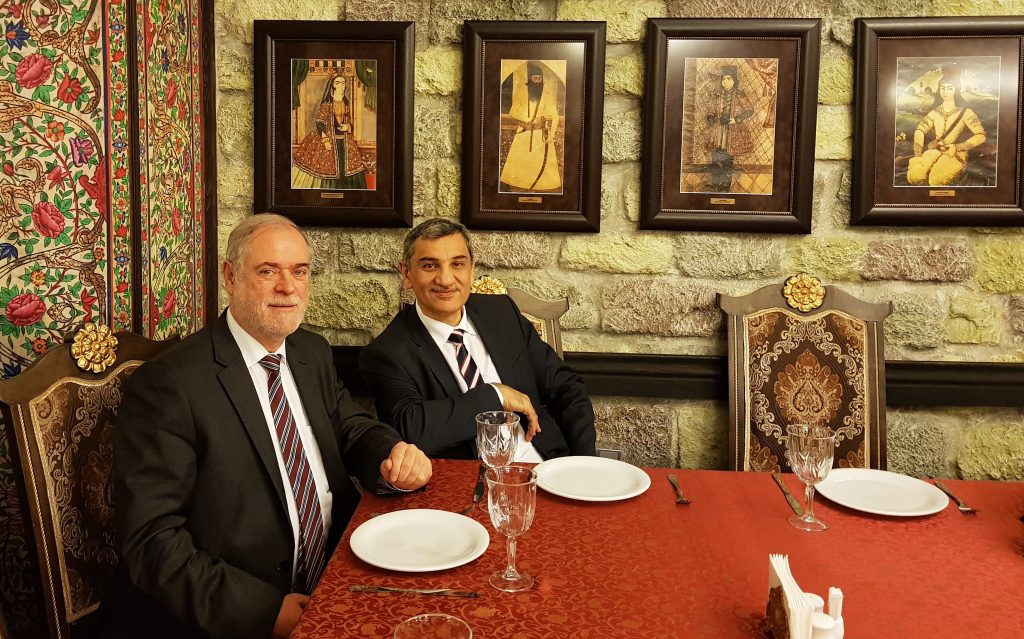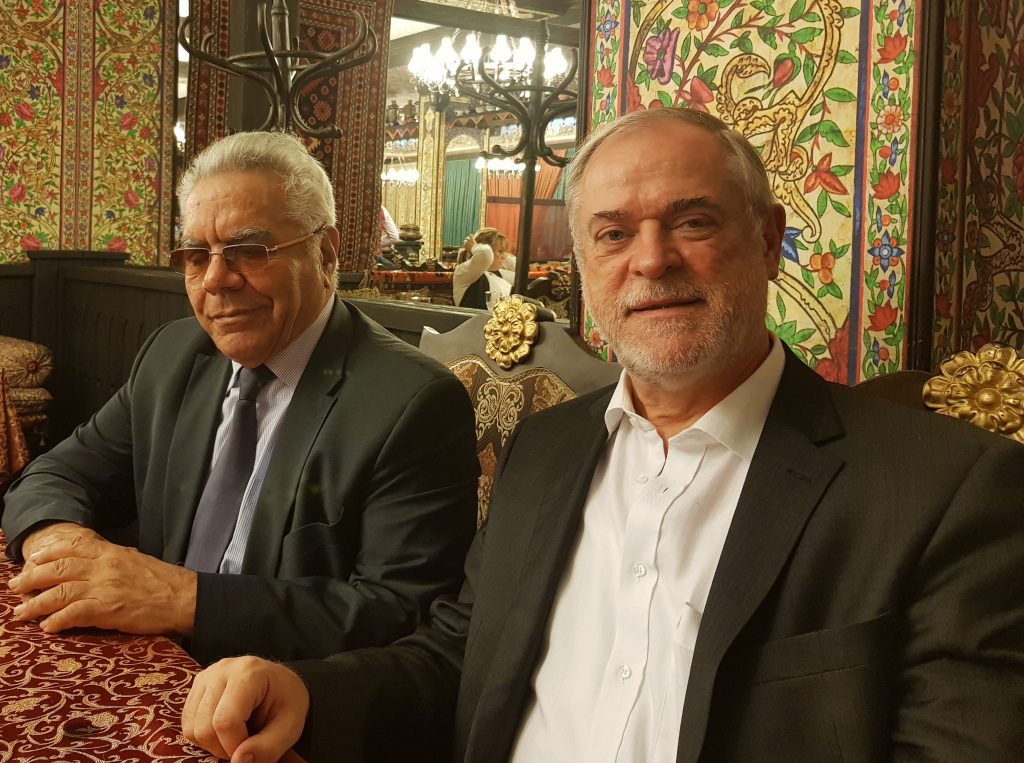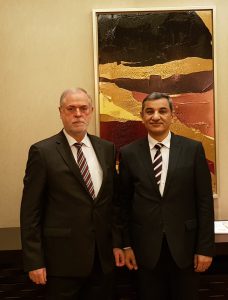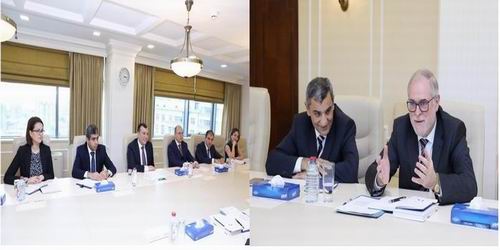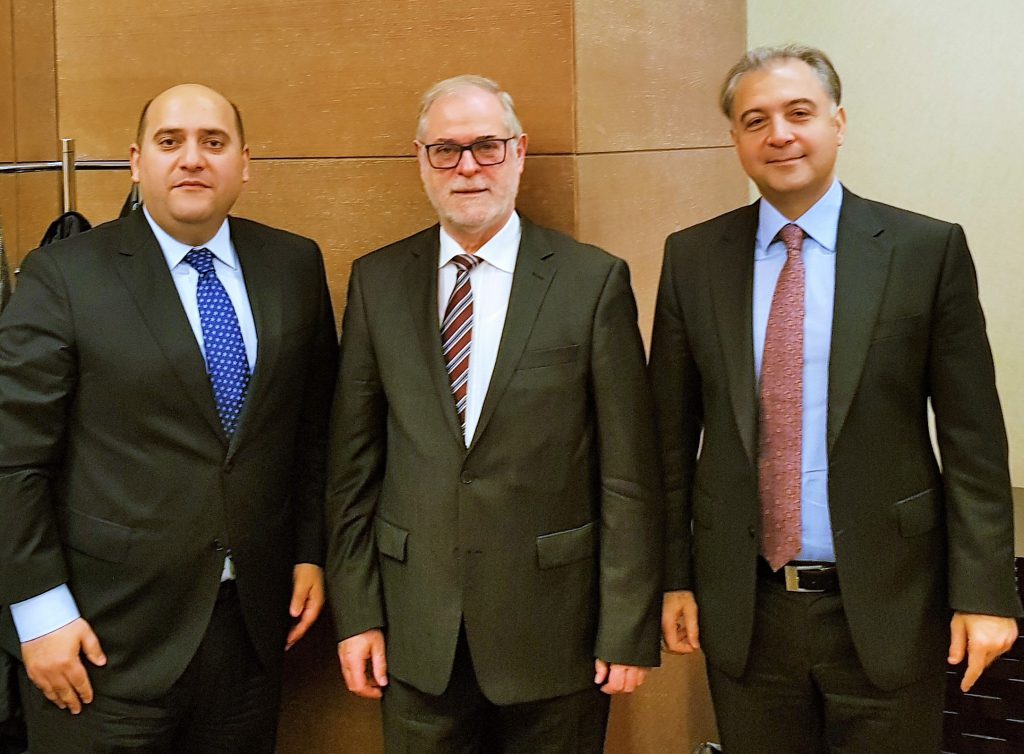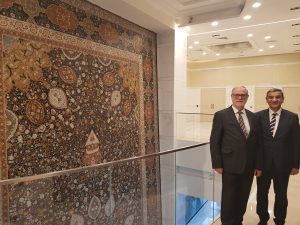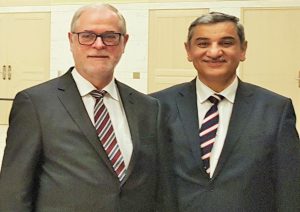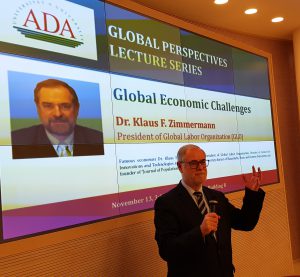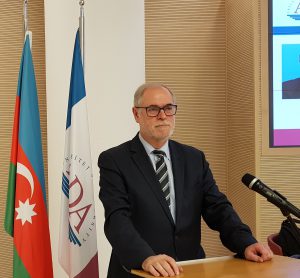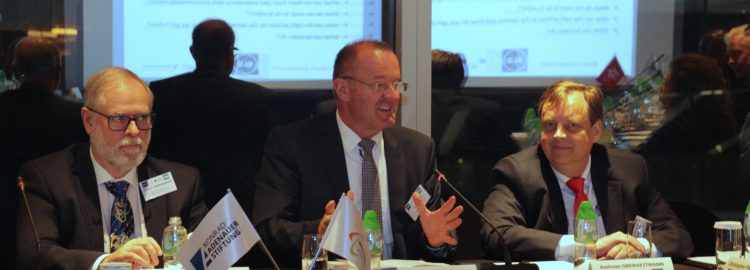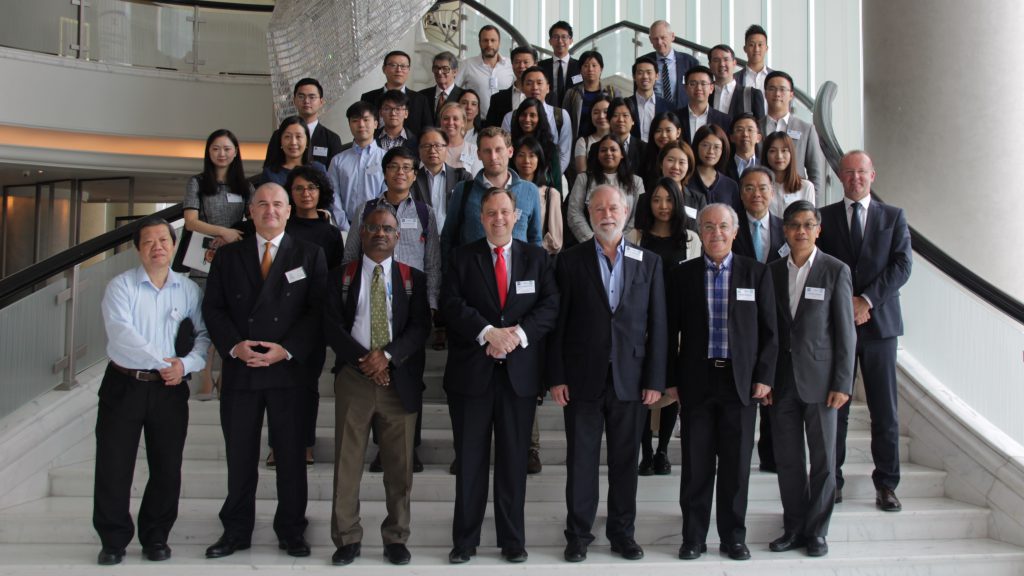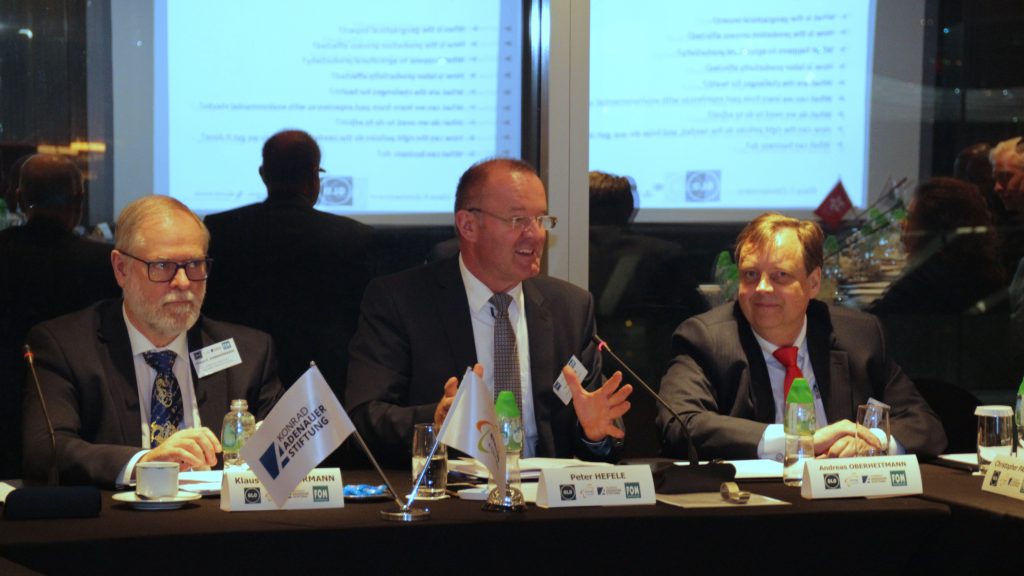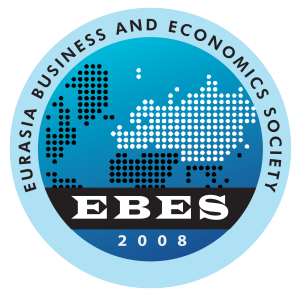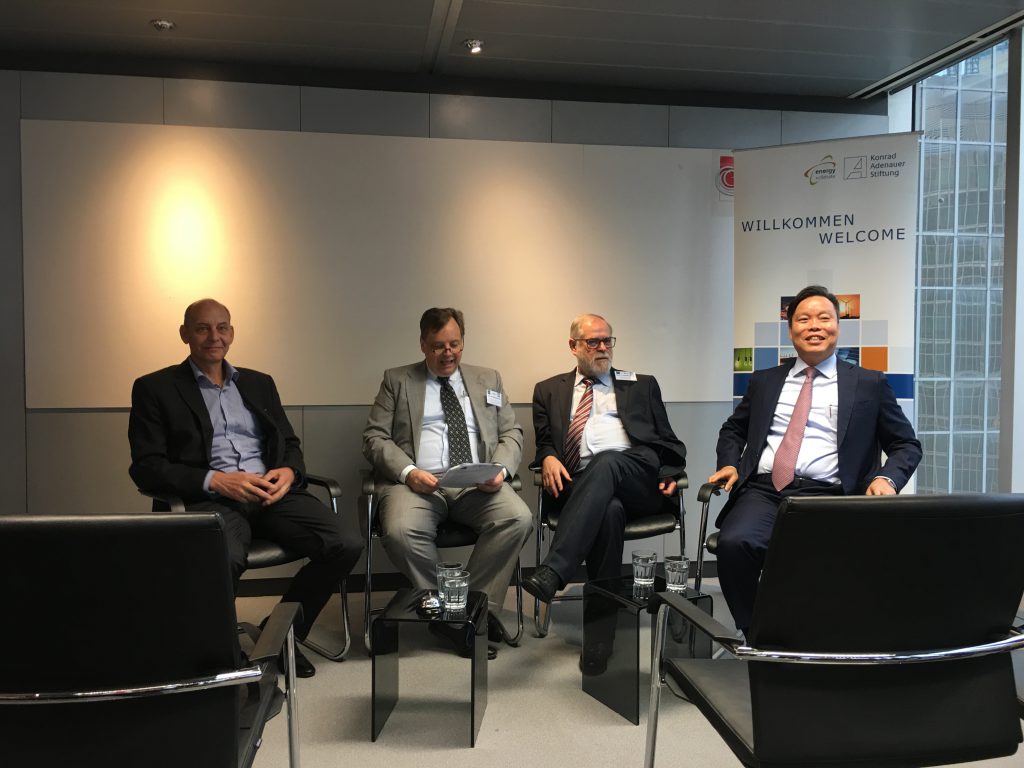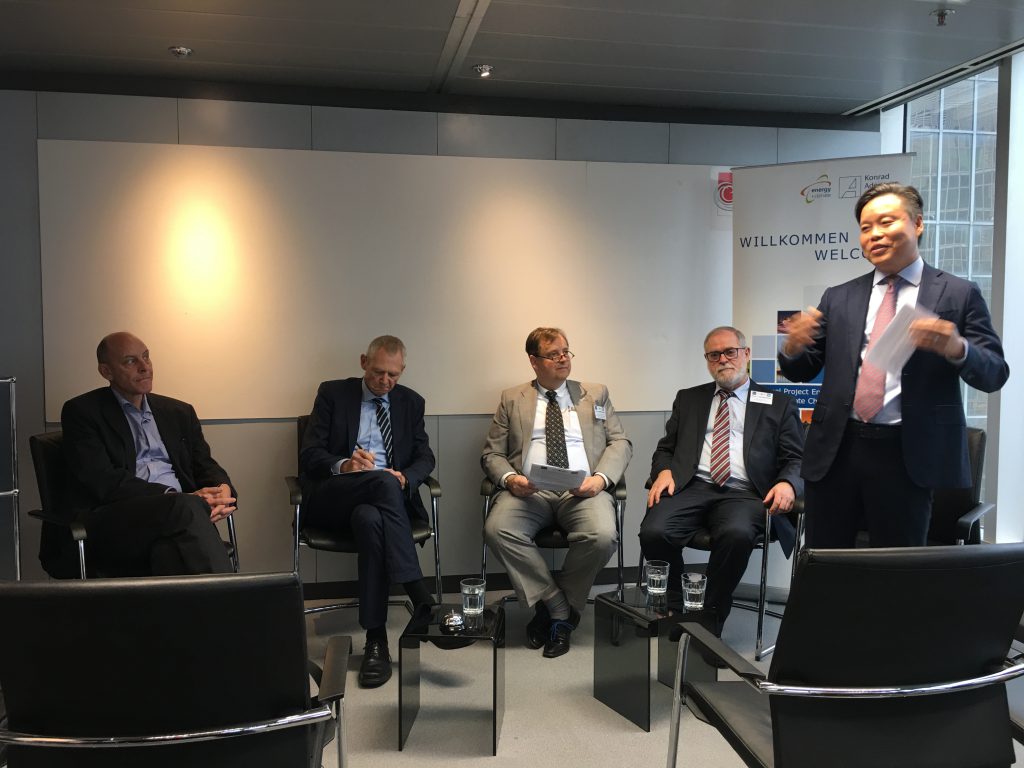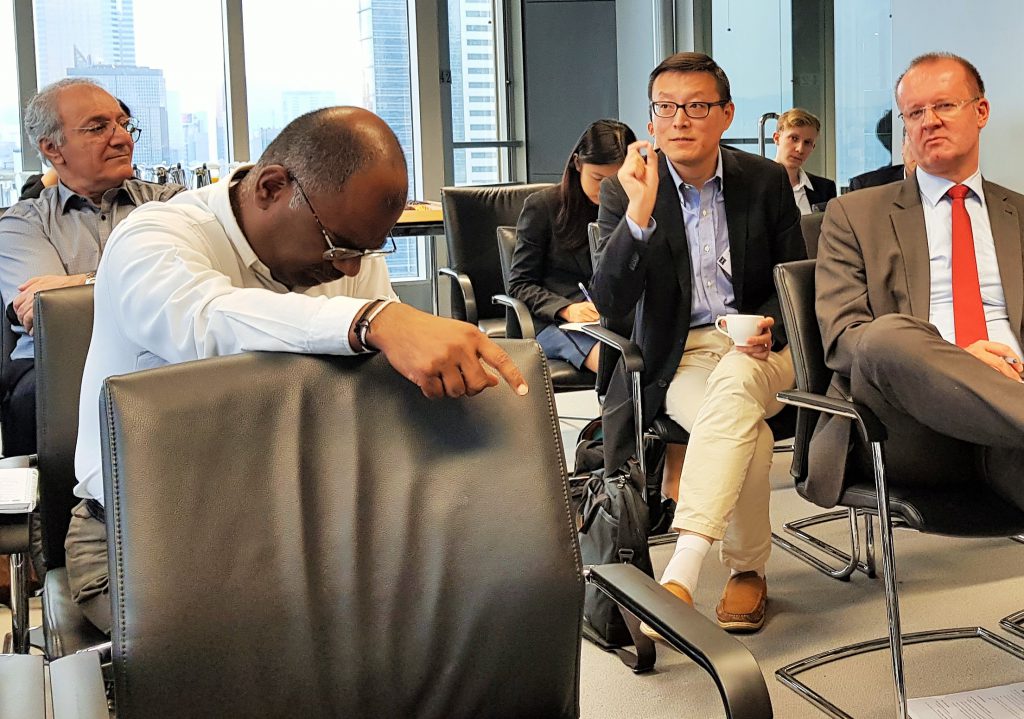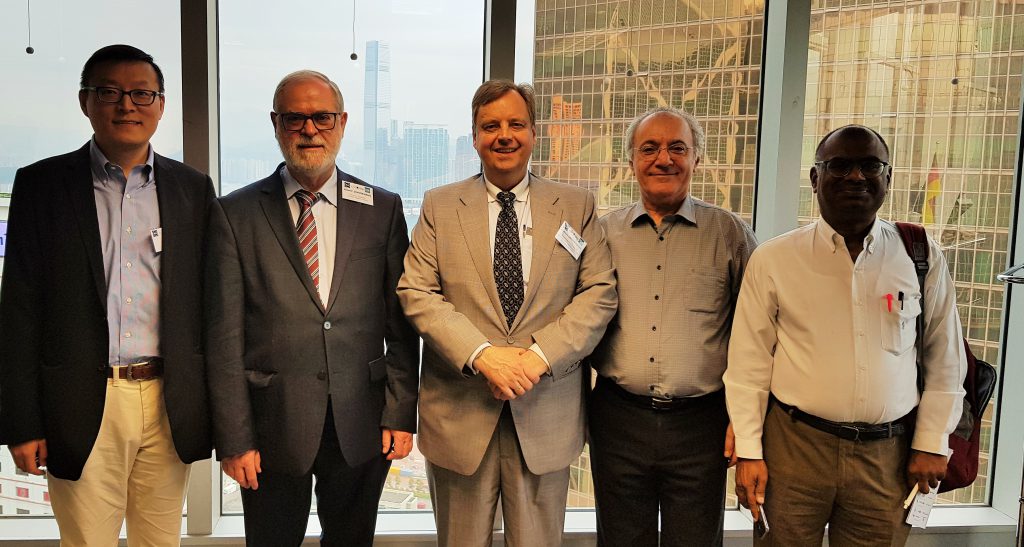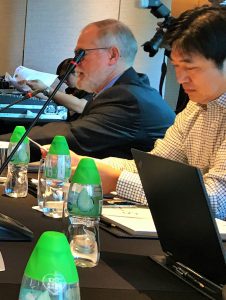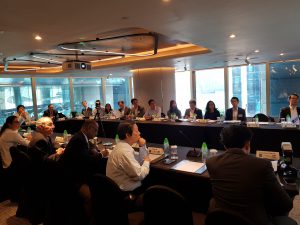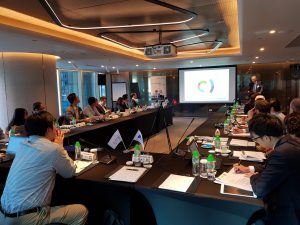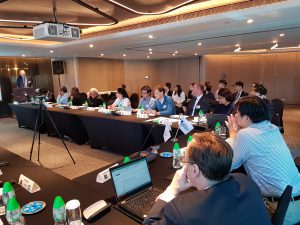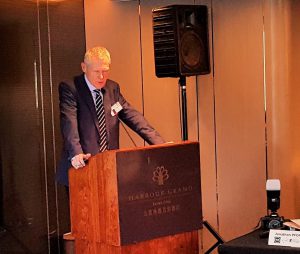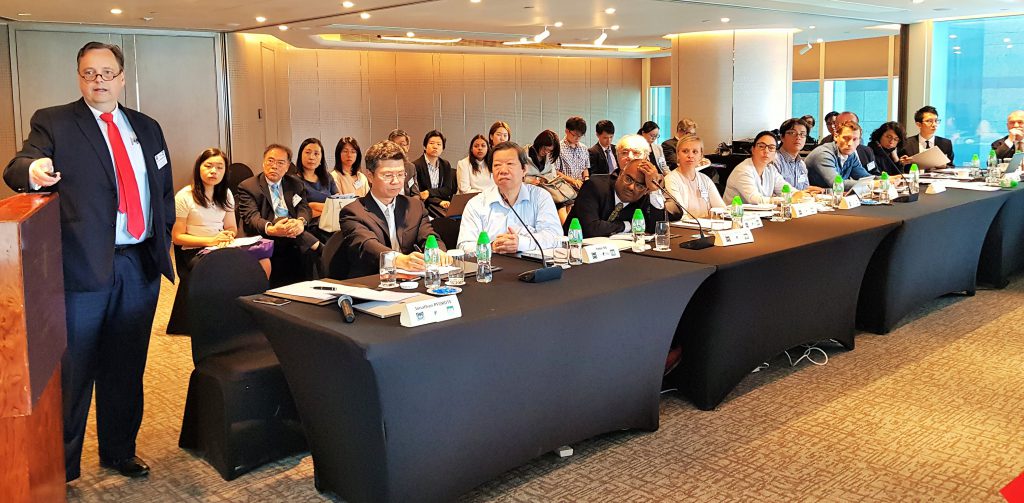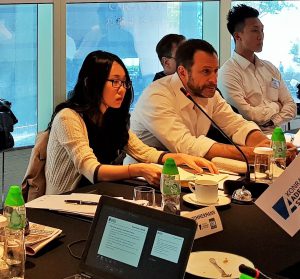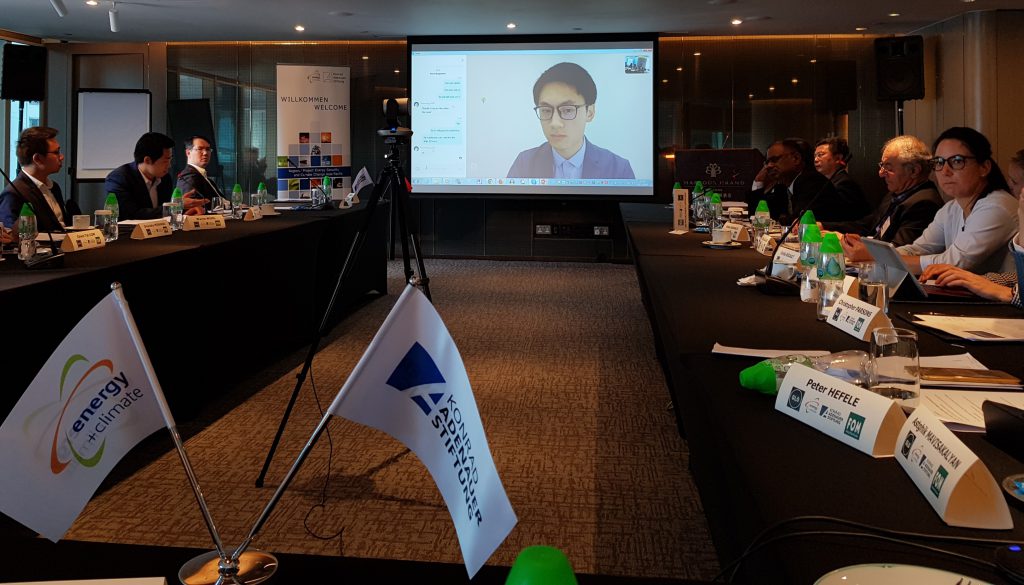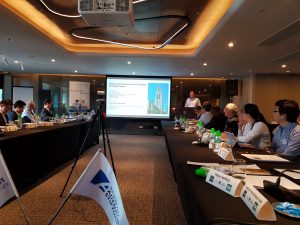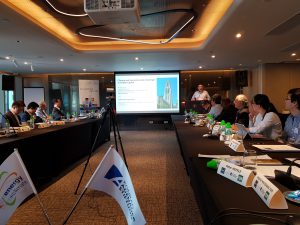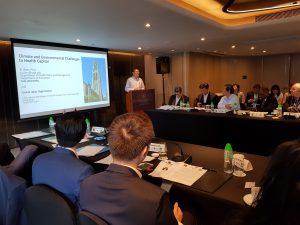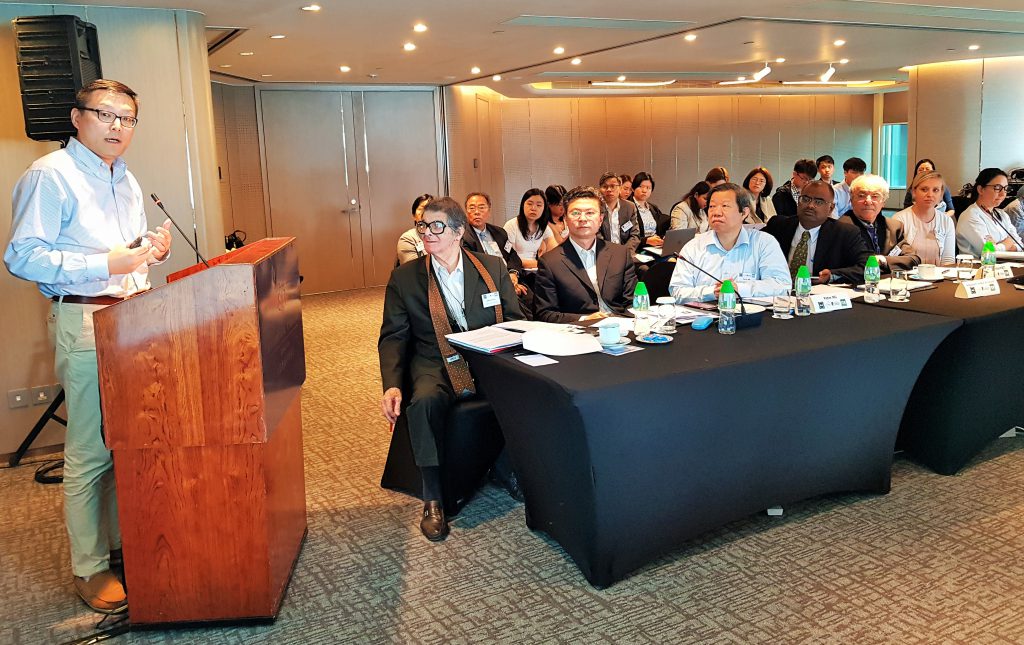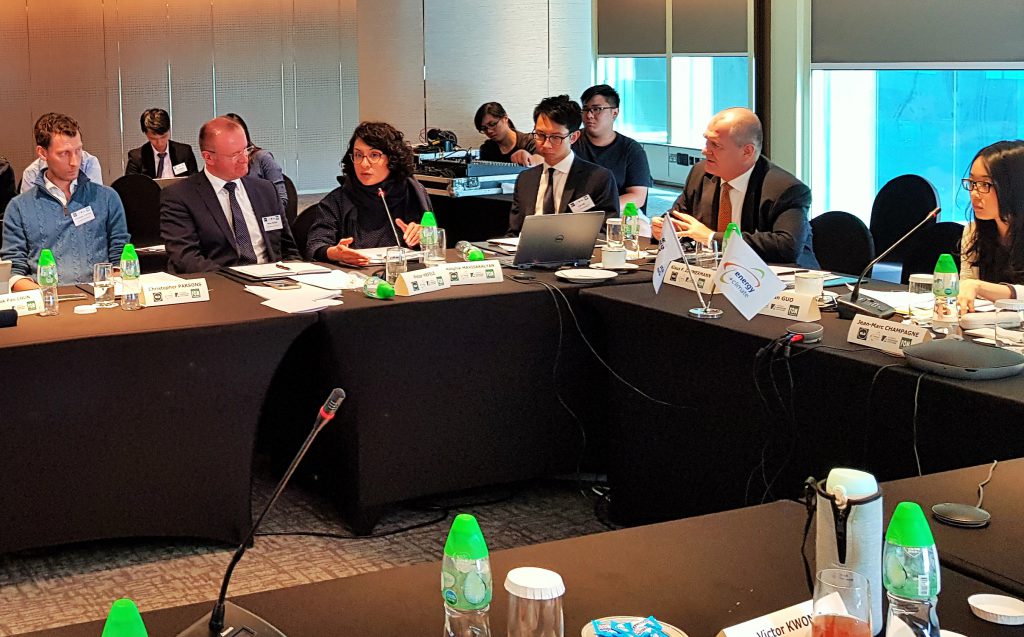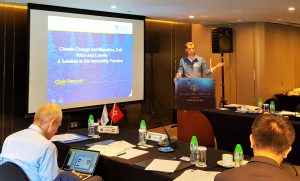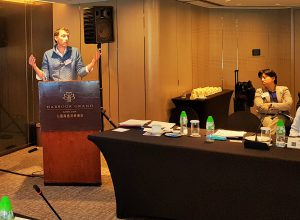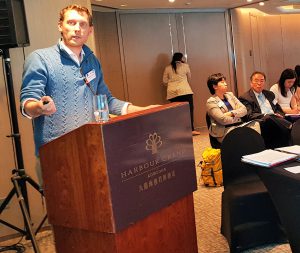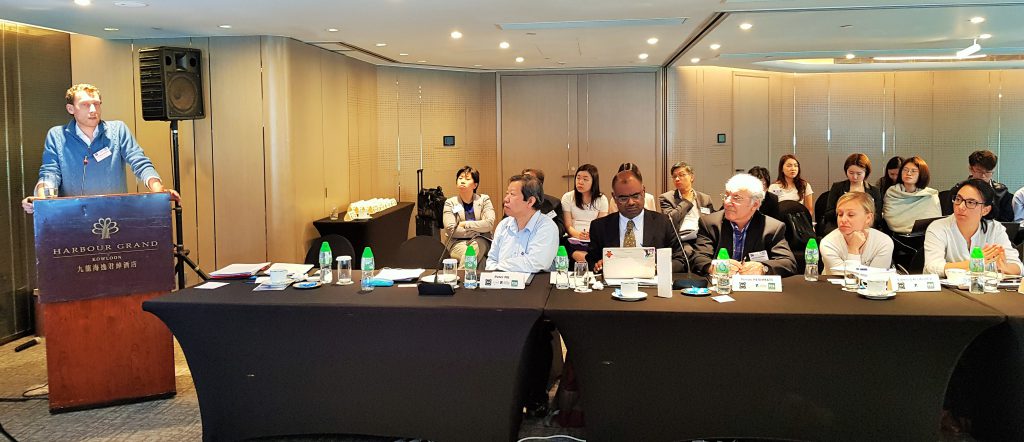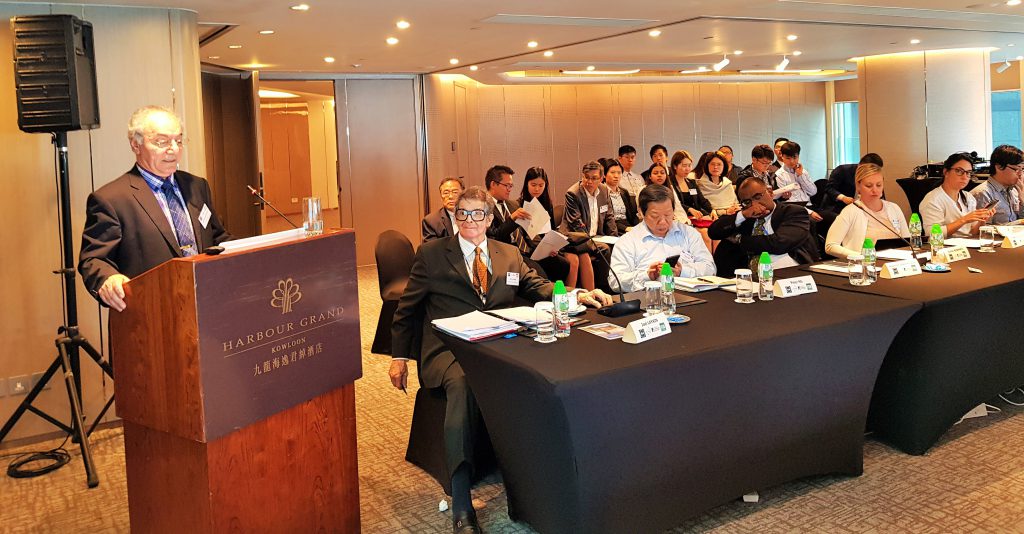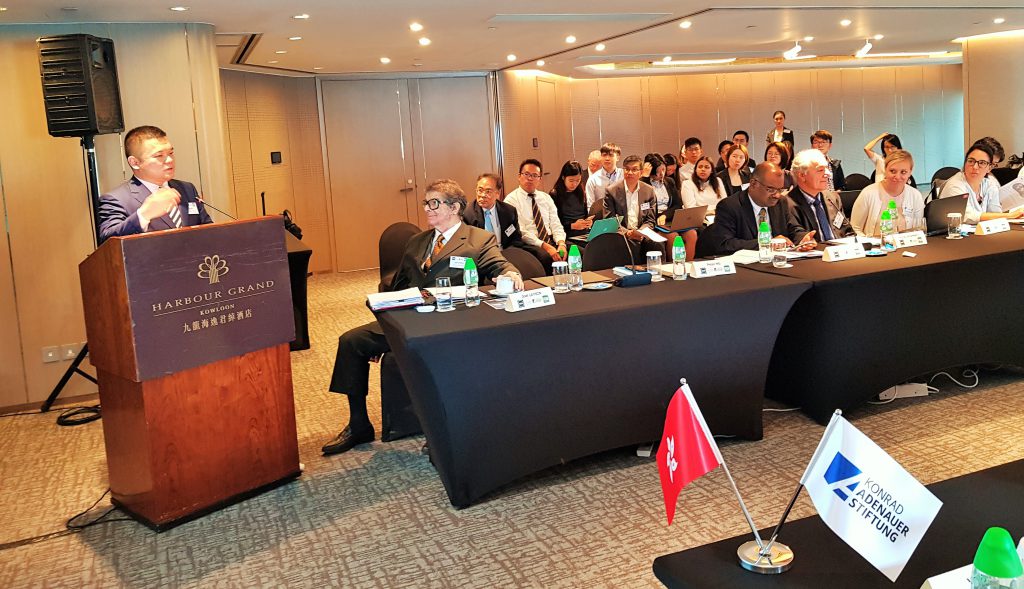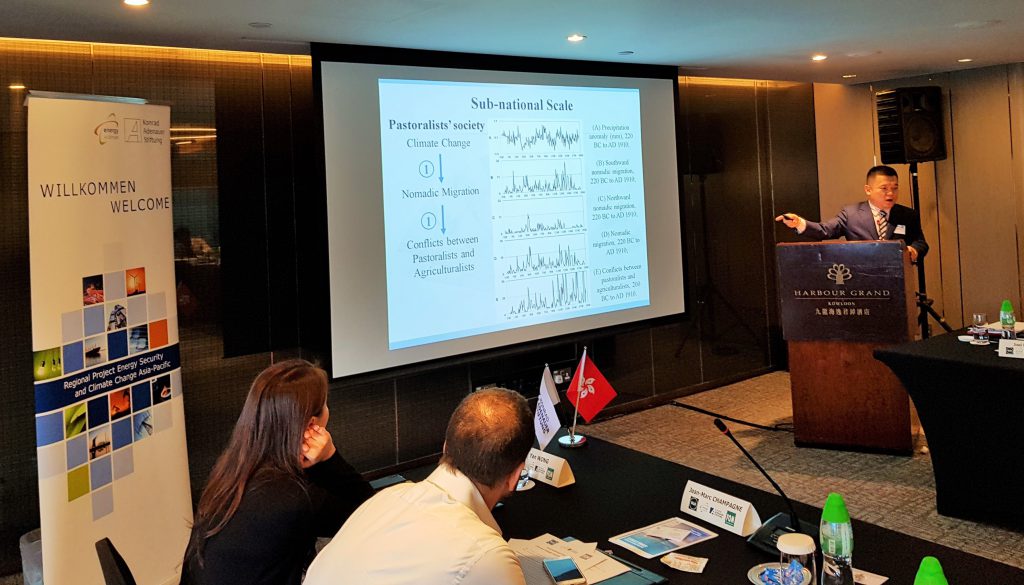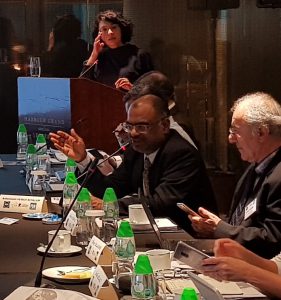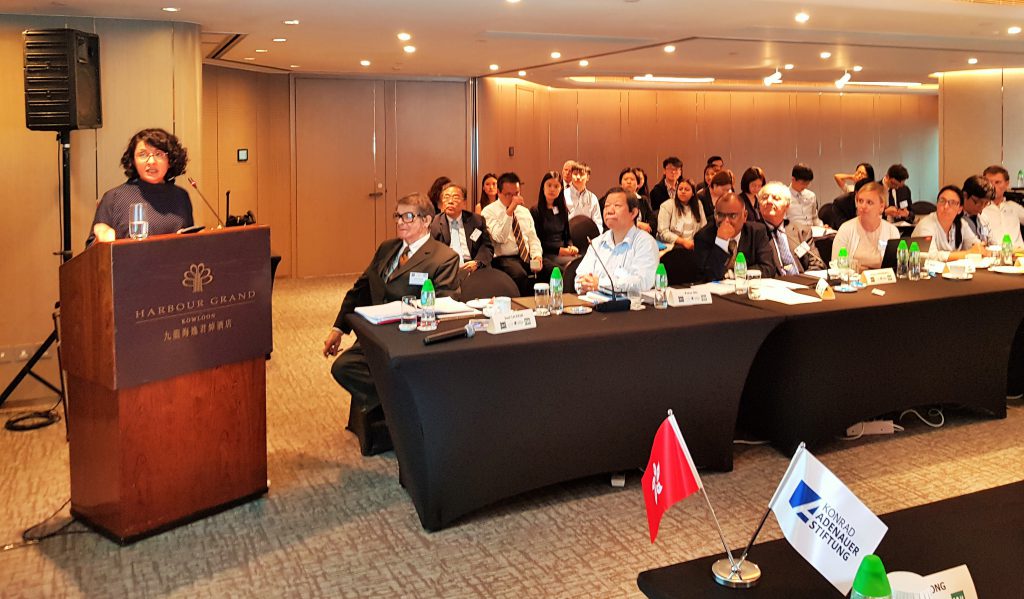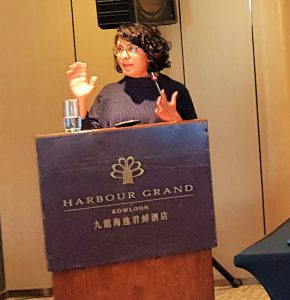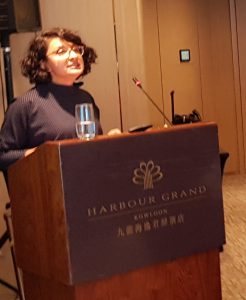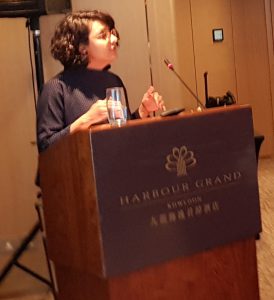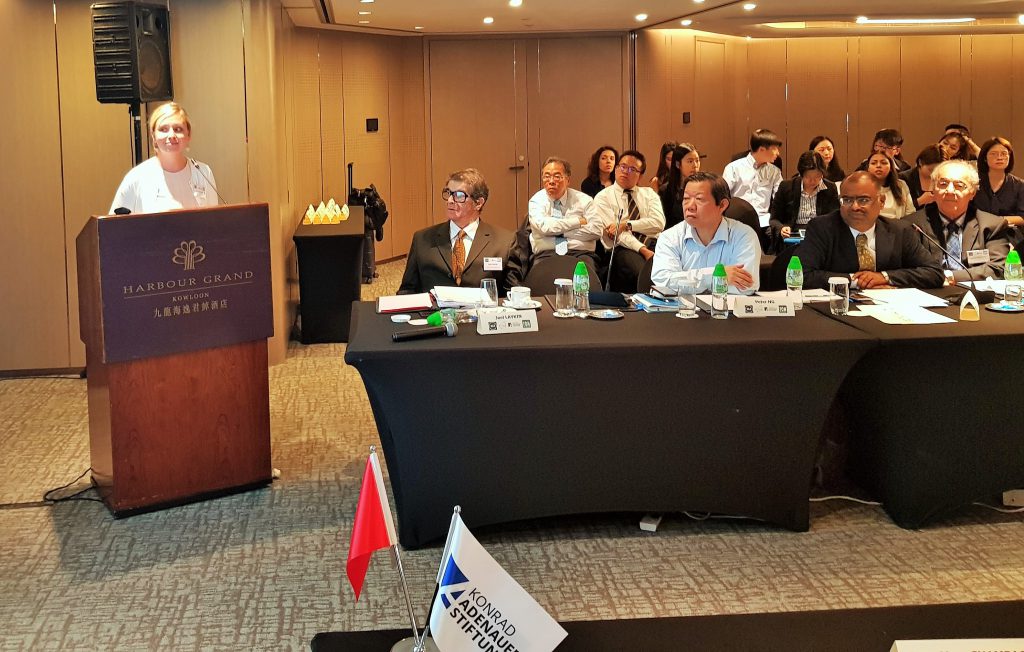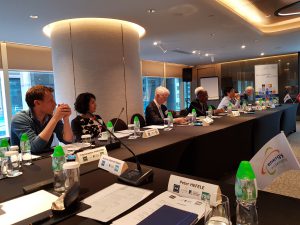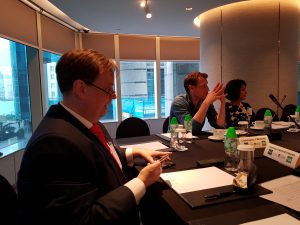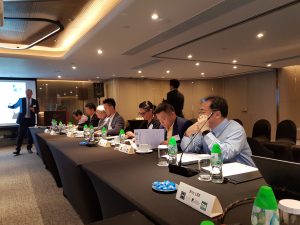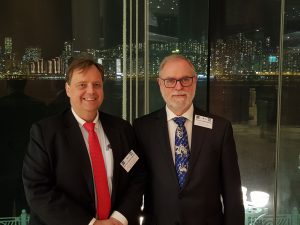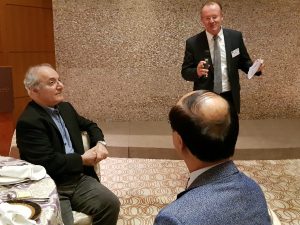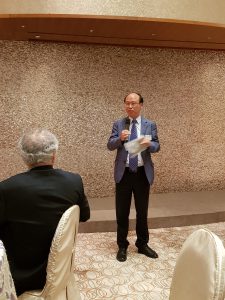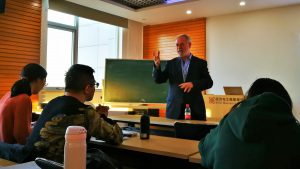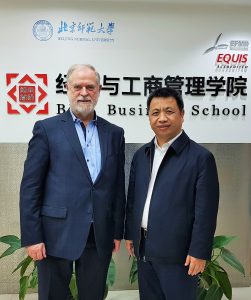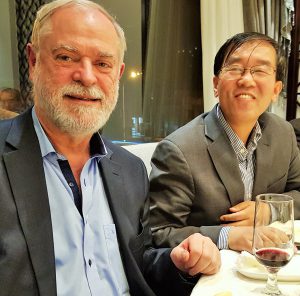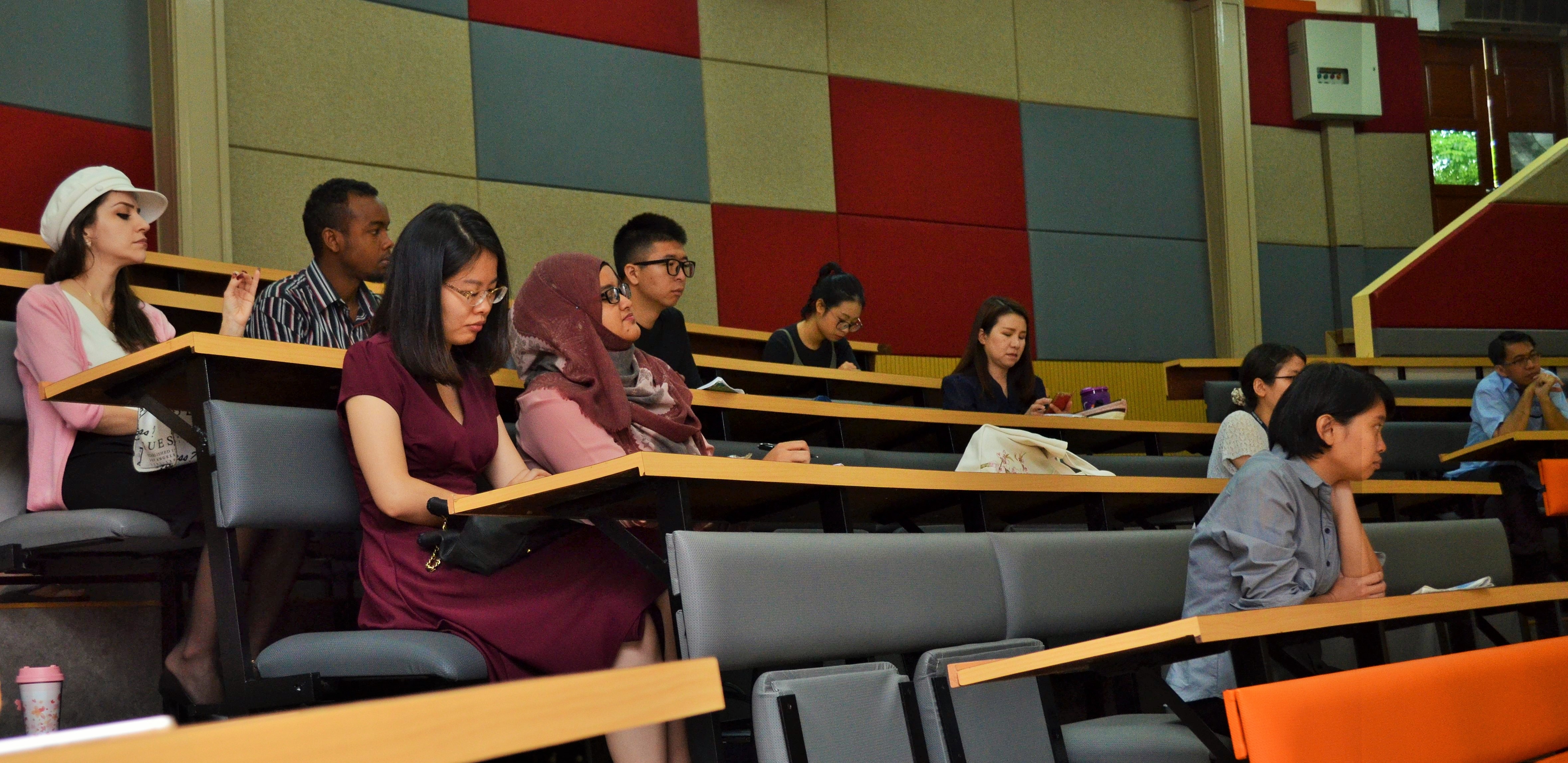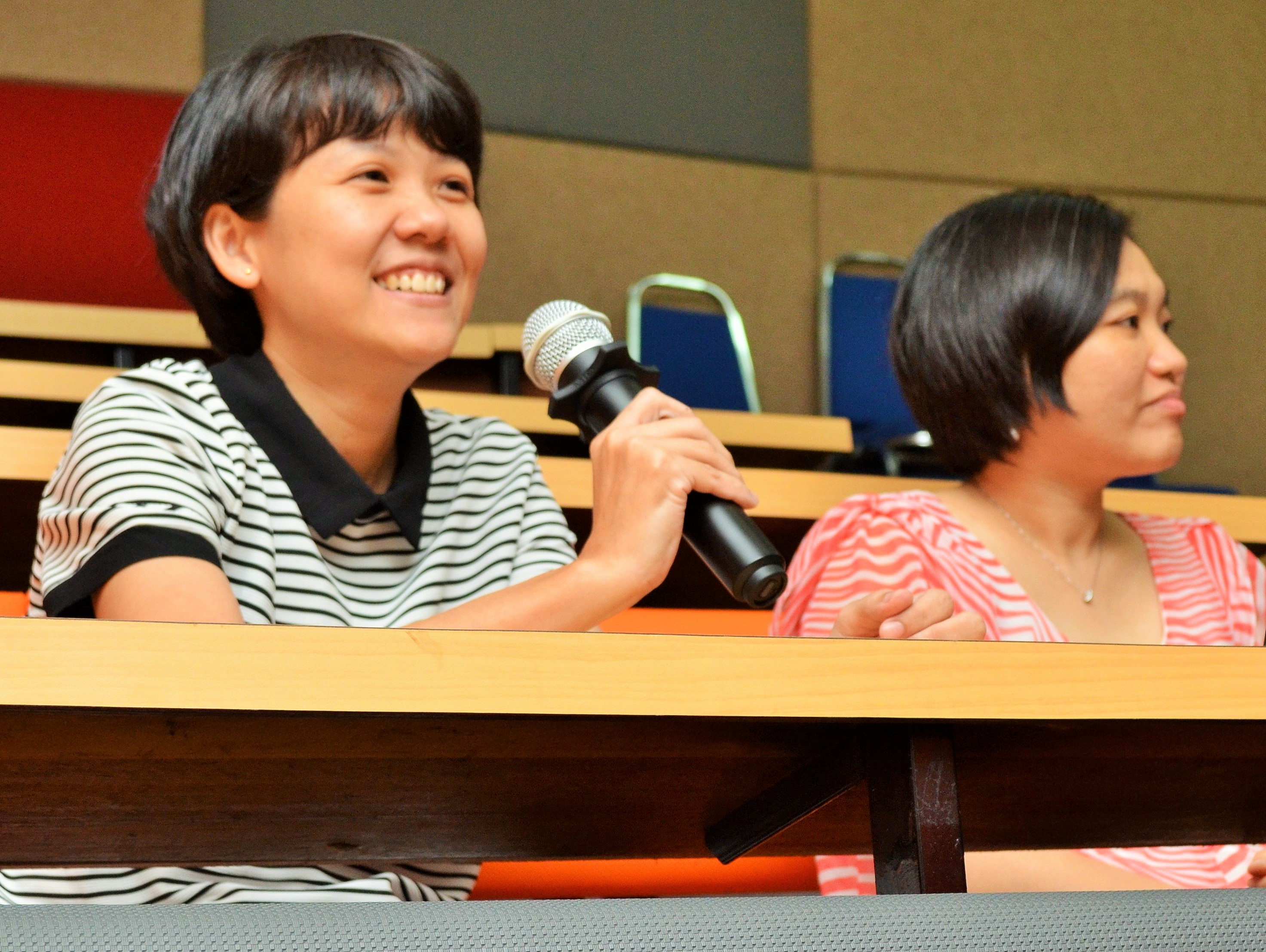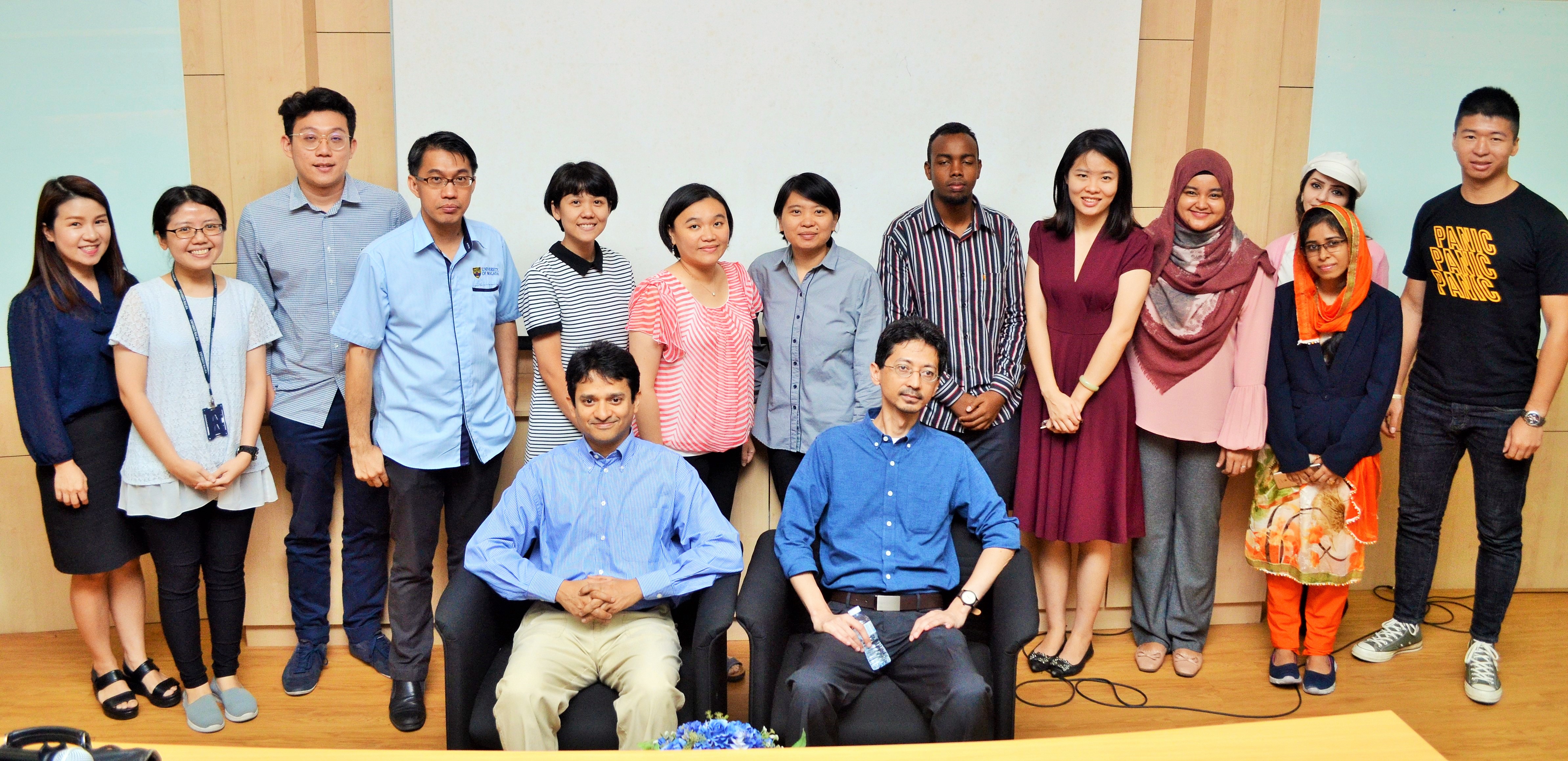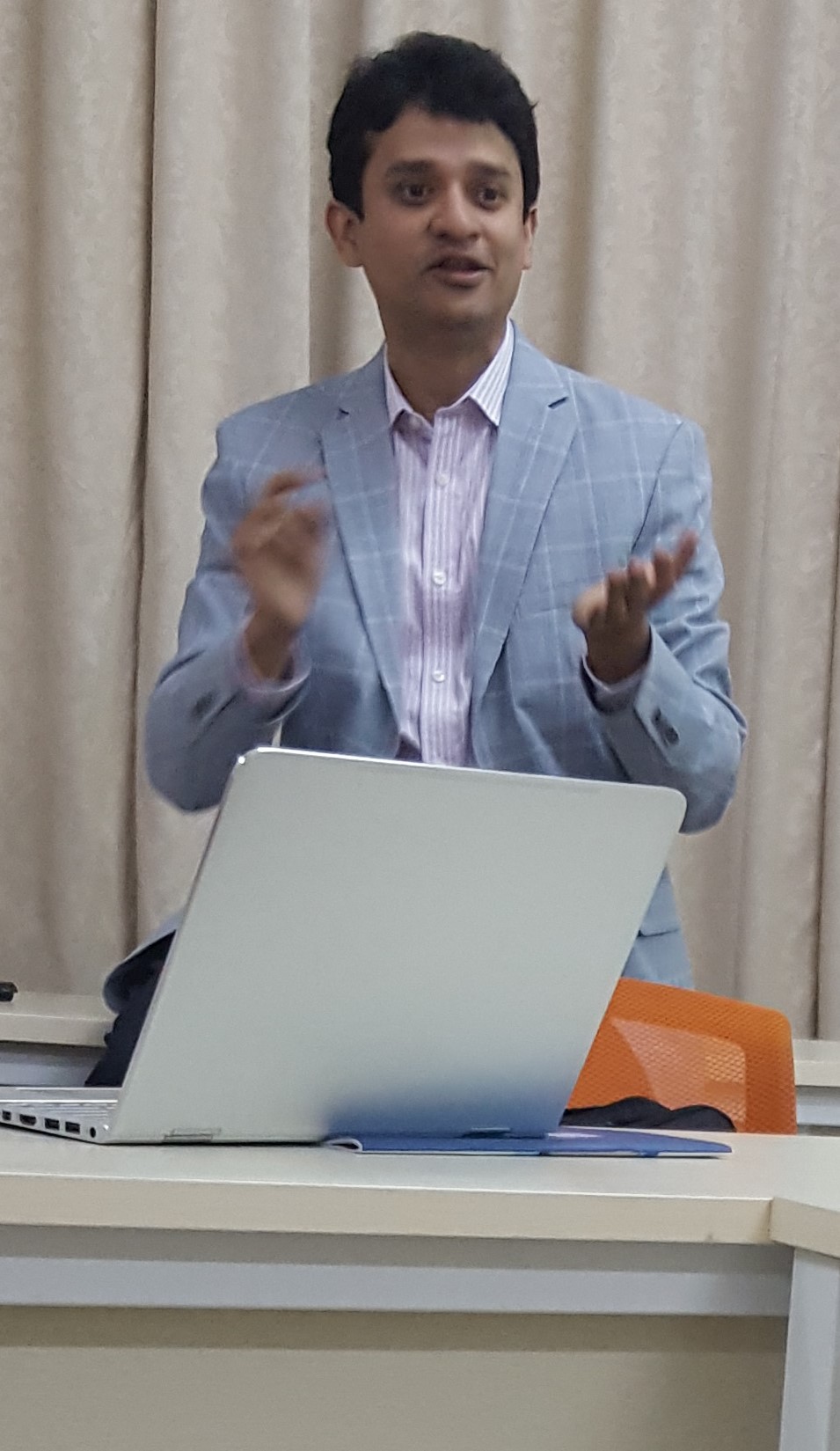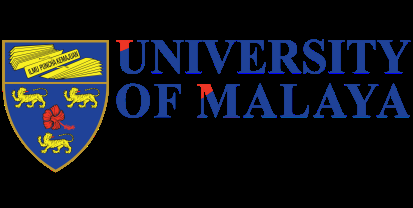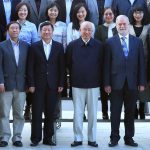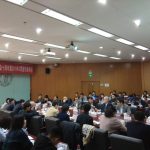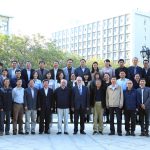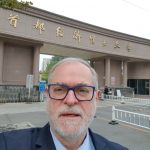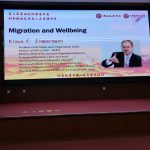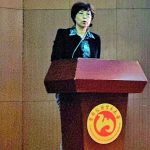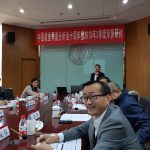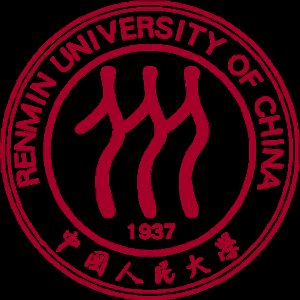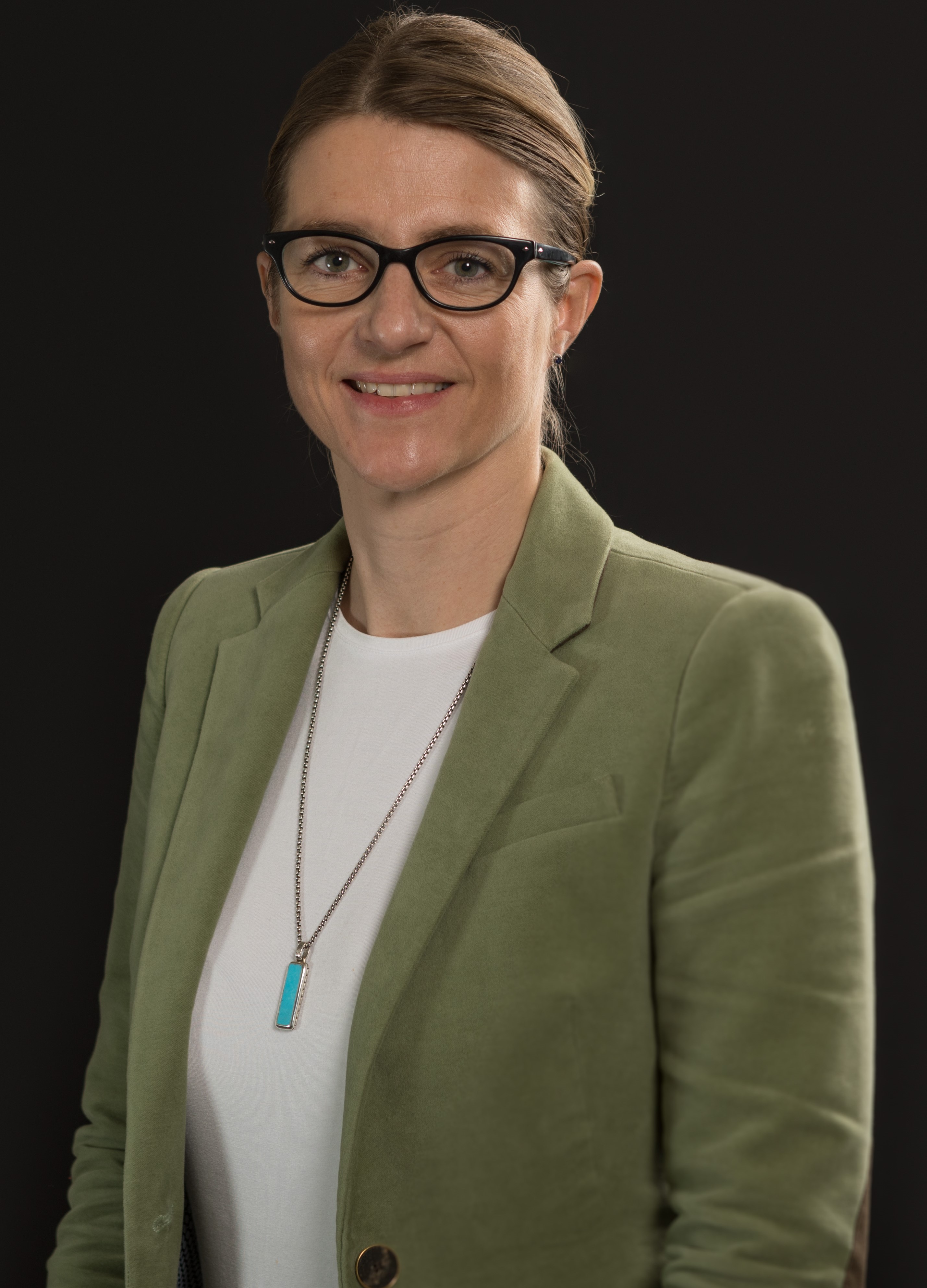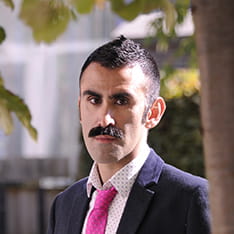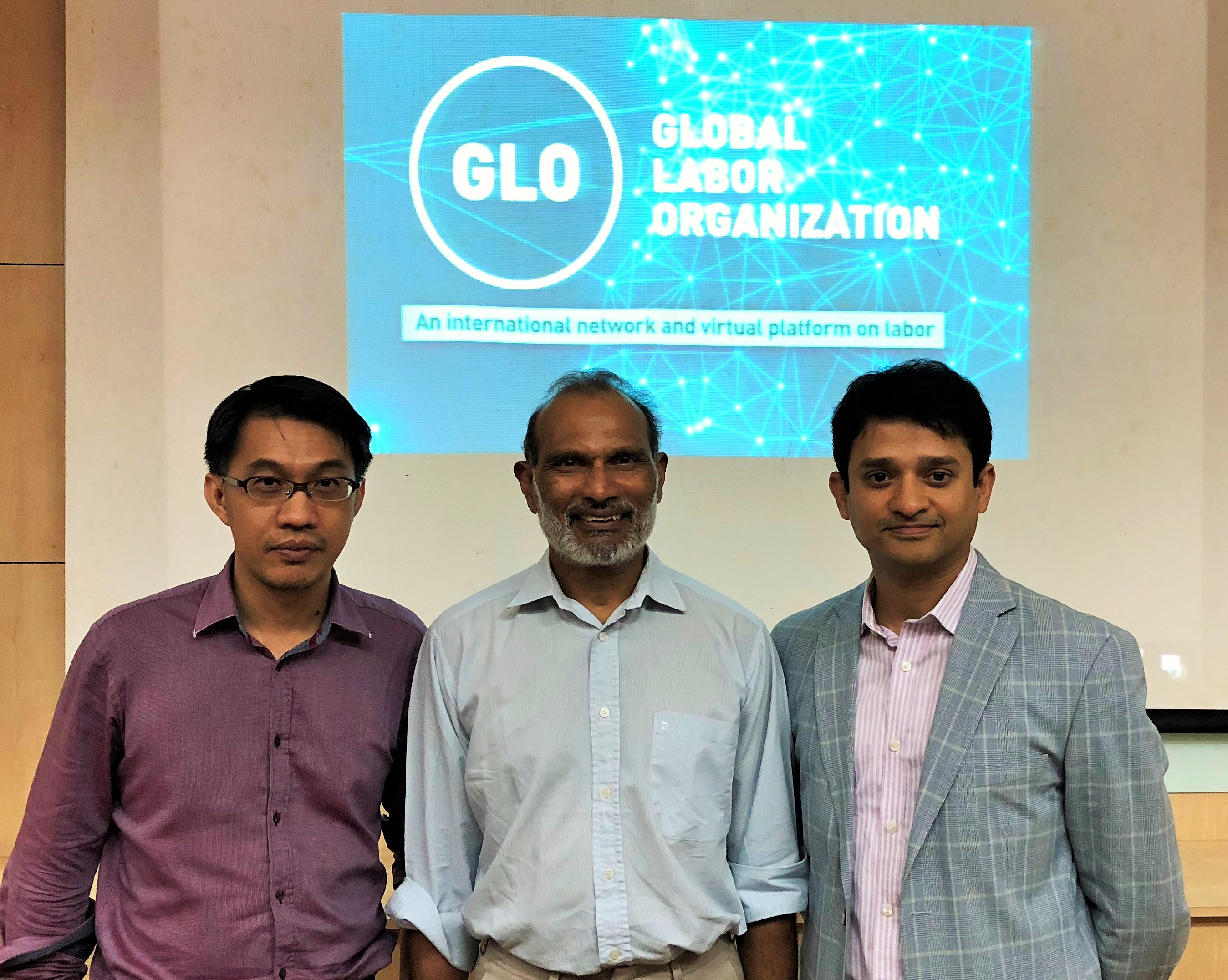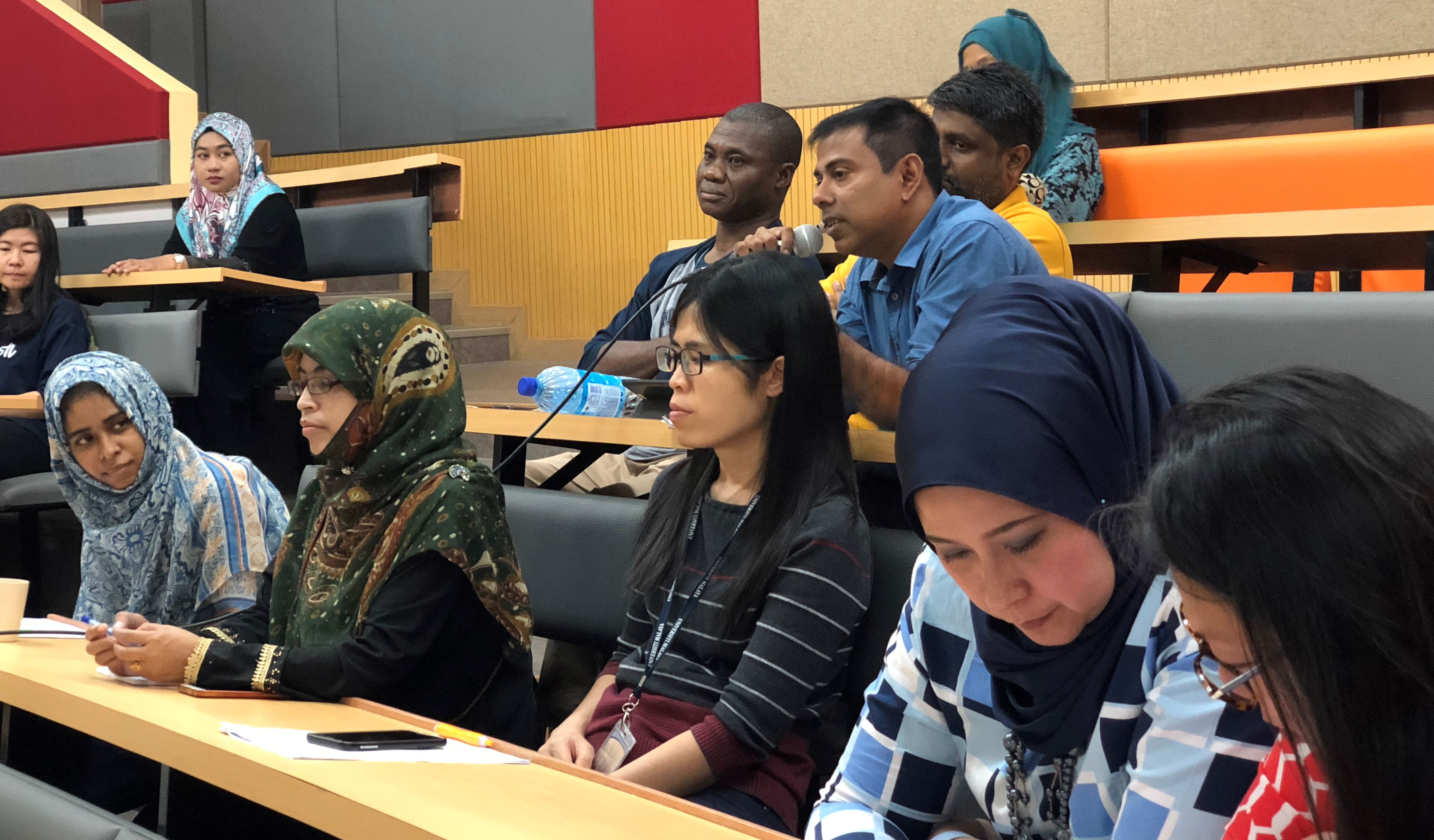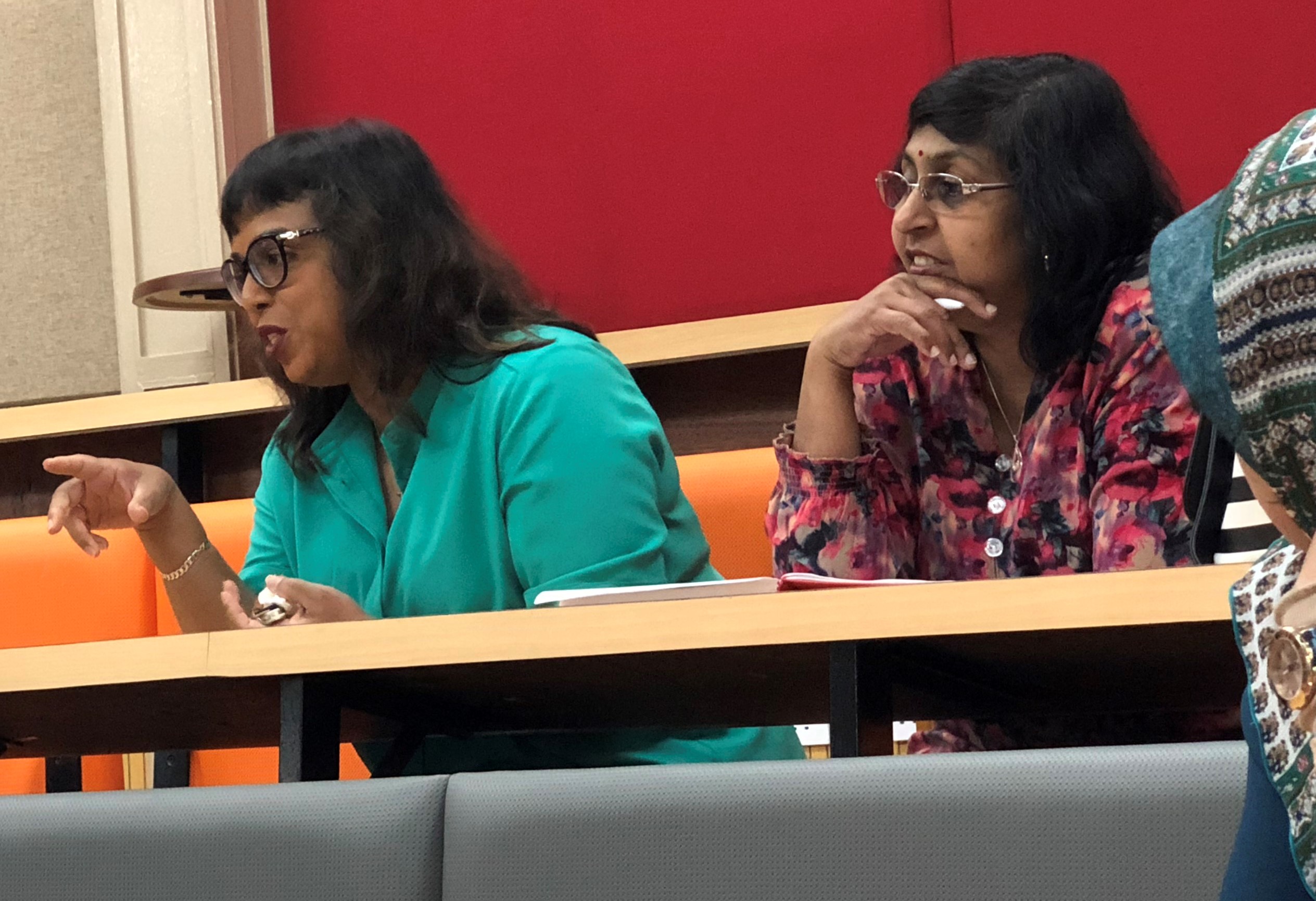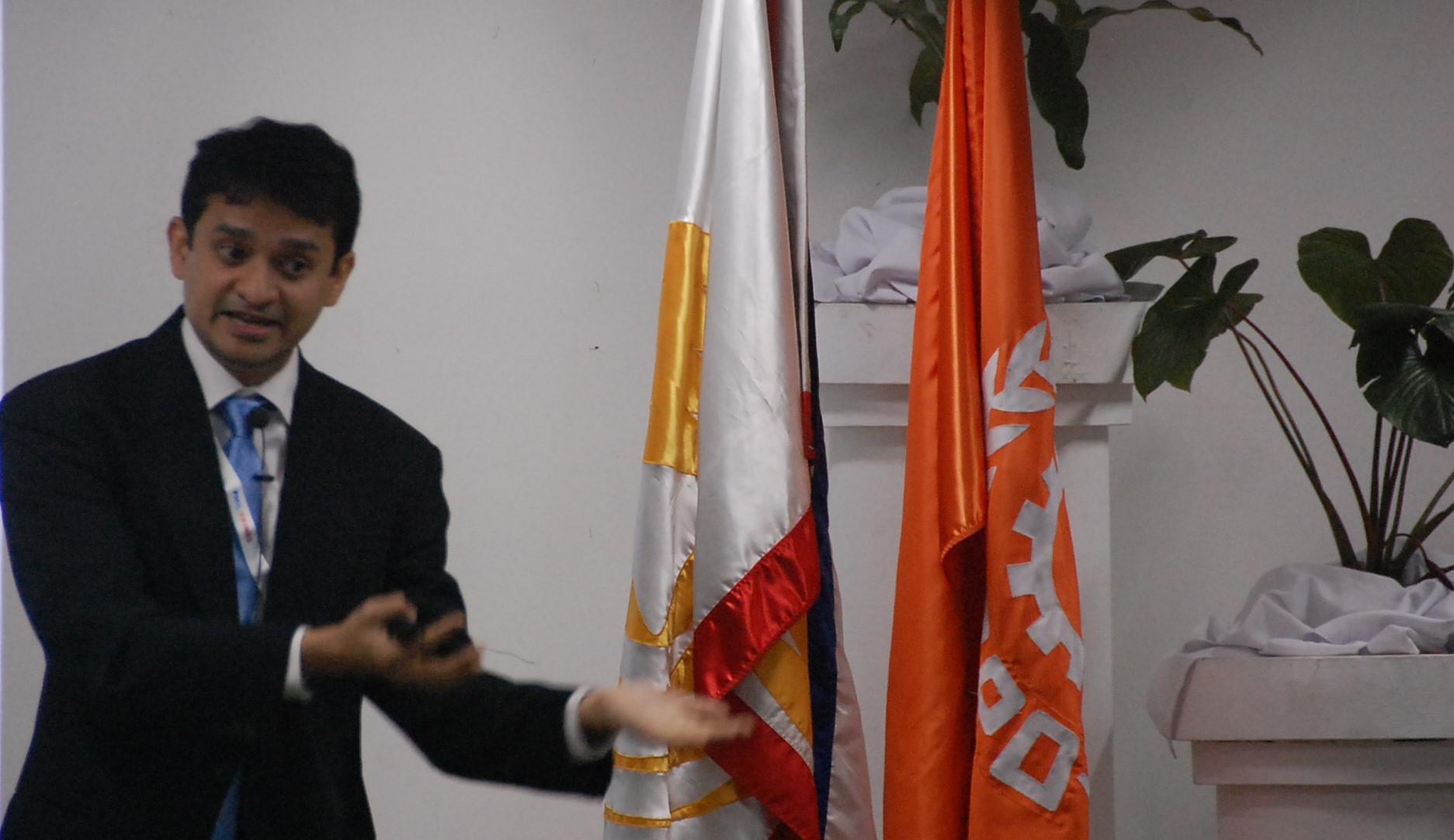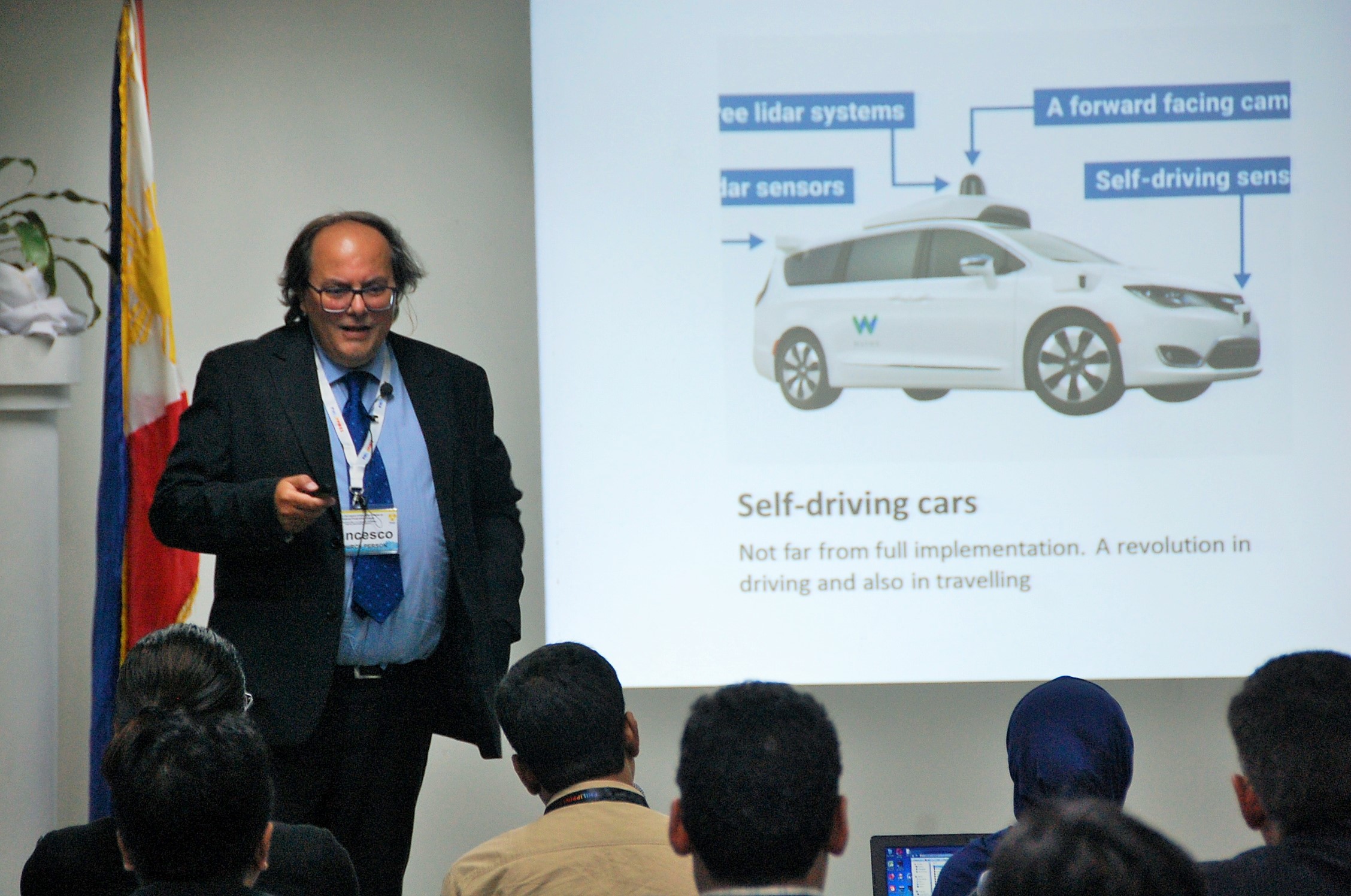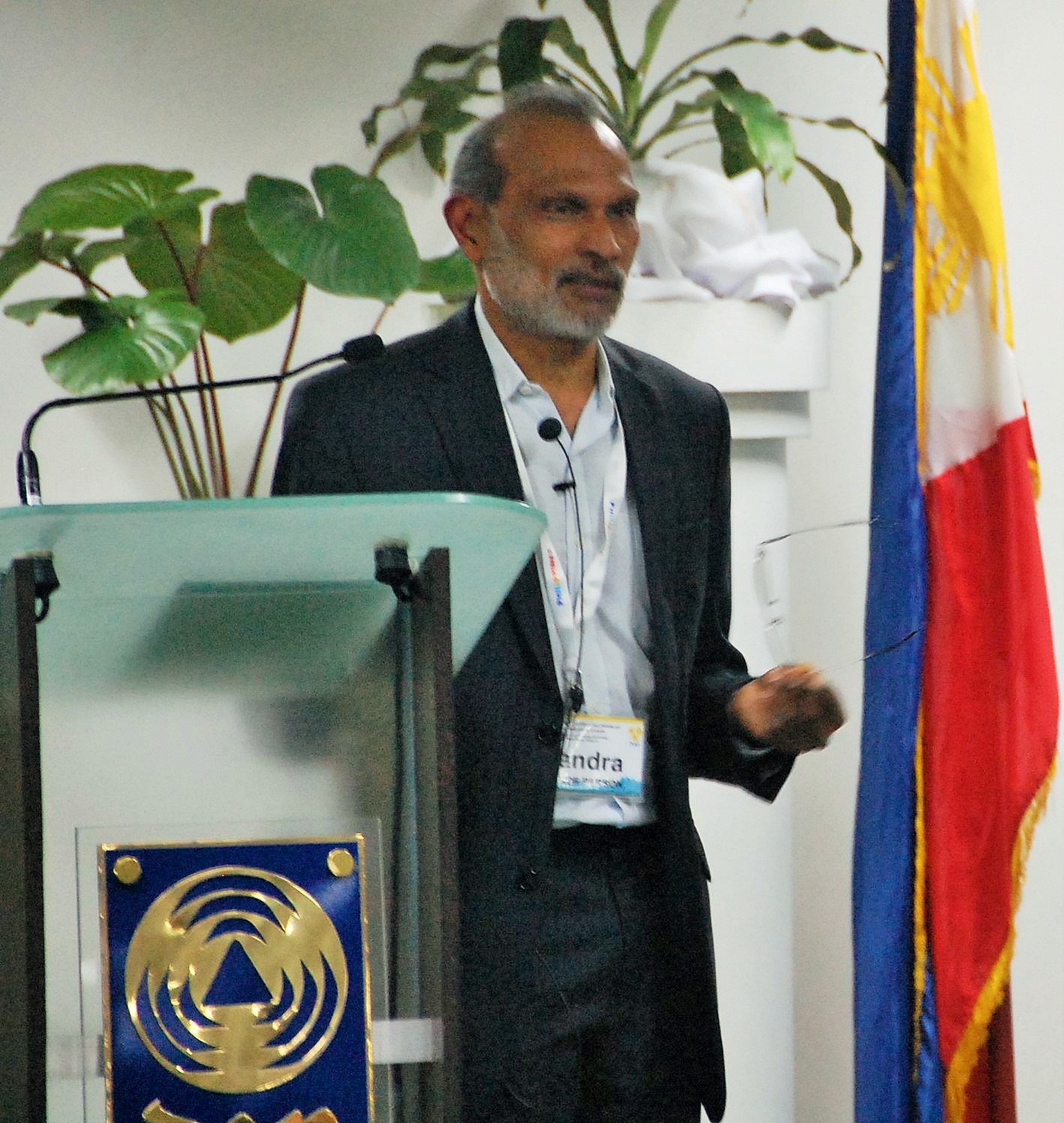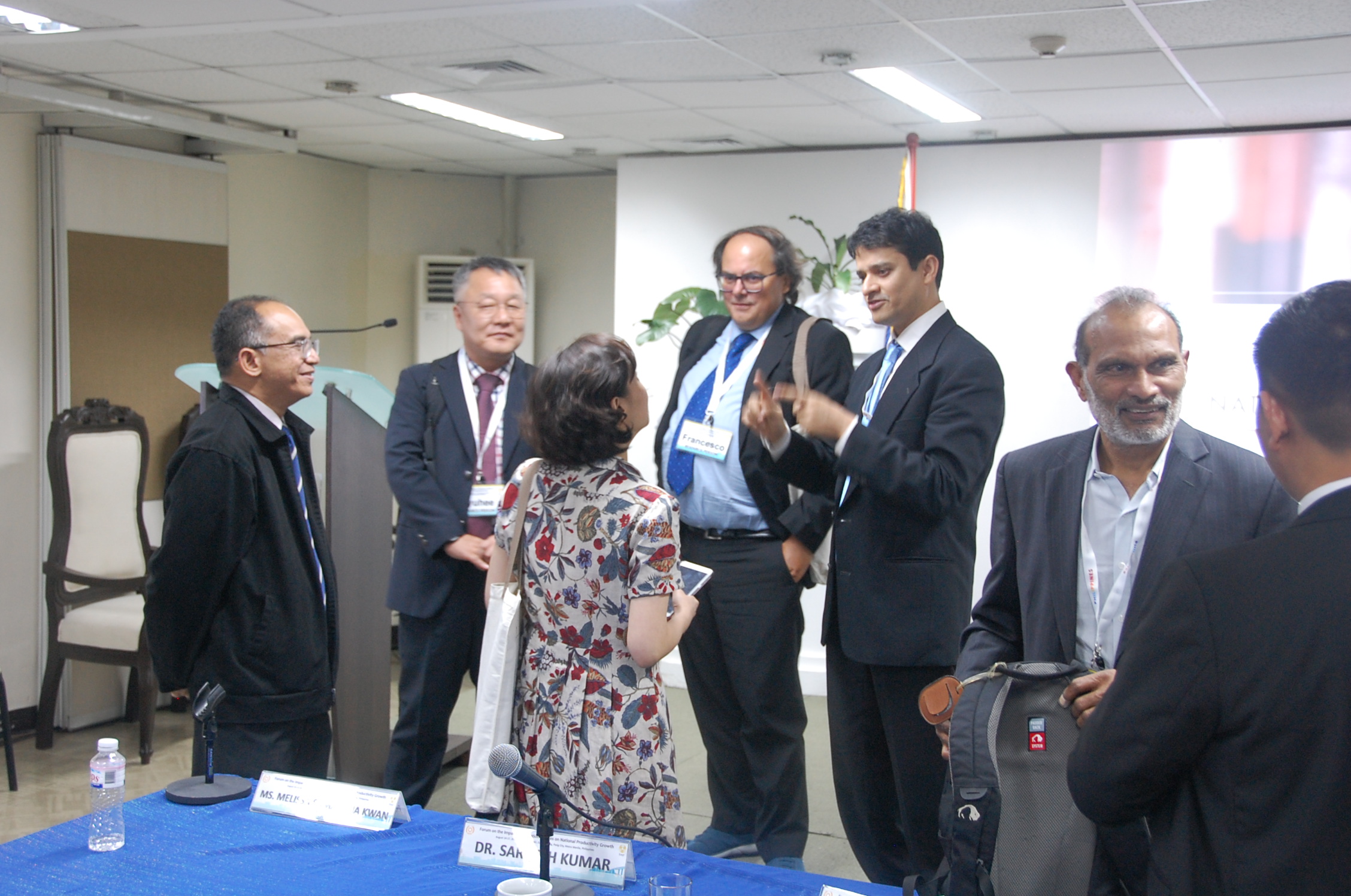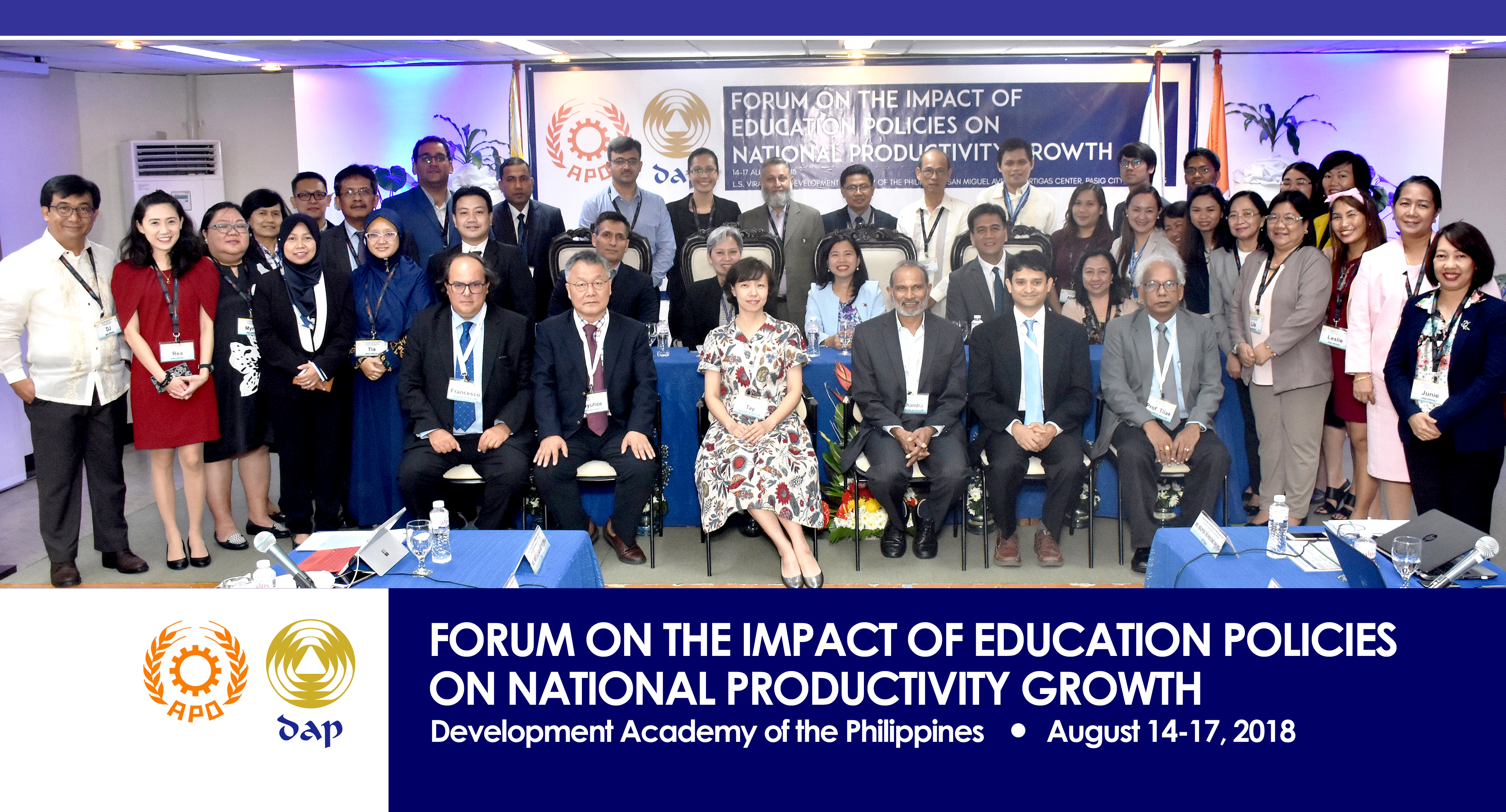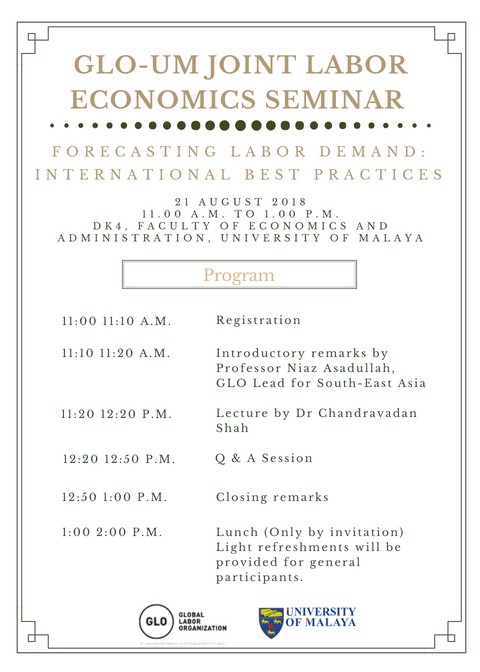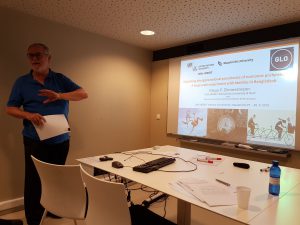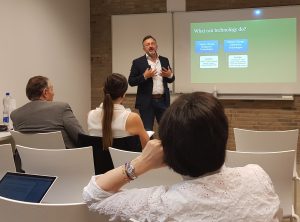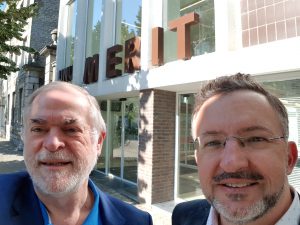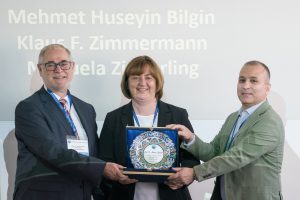28th EBES Conference. May 29-31, 2019 in Coventry, United Kingdom
Hosted by the Centre for Financial and Corporate Integrity (CFCI), Coventry University
Interested researchers are cordially invited to submit abstracts or papers for presentation consideration at the 28th EBES Conference in Coventry. It will take place on May 29th, 30th, and 31st, 2019 at Coventry University in Coventry, United Kingdom. The conference will be organized with the support of the Istanbul Economic Research Association and will be hosted by the Centre for Financial and Corporate Integrity (CFCI) in collaboration with the Coventry Business School Trading Floor. To support the event, GLO will organize three invited paper sessions.
Invited Speakers are David B. Audretsch, Klaus F. Zimmermann and Marco Vivarelli.
David B. Audretsch is a Distinguished Professor at Indiana University, where he also serves as Director of the Institute for Development Strategies. He is an Honorary Professor of Industrial Economics and Entrepreneurship at the WHU-Otto Beisheim School of Management in Germany and a Research Fellow of the CEPR in London. He has also worked as a consultant to the UN, World Bank, OECD, EU Commission, and U.S. Federal Trade Commission. Prof. Audretsch’s research has focused on the links between entrepreneurship, government policy, innovation, economic development, and global competitiveness. He is co-author of The Seven Secrets of Germany (Oxford University Press) along with several other books. He is co-founder and Editor-in-Chief of Small Business Economics: An Entrepreneurship Journal and many other journals. He was awarded the Global Award for Entrepreneurship Research by the Swedish Entrepreneurship Forum (Entreprenörskapsforum). He has received honorary doctorate degrees from the University of Augsburg in Germany and Jonköping University in Sweden. Prof. Audretsch was also awarded the Schumpeter Prize from the University of Wuppertal in Germany. He has served as an advisory board member to a number of international research and policy institutes, including Chair of the Deutsches Institut für Wirtschaftsforschung Berlin(German Institute for Economic Analysis Berlin), Chair of the Stifterverband für die Deutsche Wissenschaft (Foundation for the Promotion of German Science) in Berlin, Germany, and the Center for European Economic Research (Zentrum für Europäische Wirtschaftsforschung) in Mannheim, Germany etc. He has authored numerous papers which were published in prestigious journals such as American Economic Review, European Economic Review, Review of Economics and Statistics, and Journal of Management and his researches have been cited more than 77,000 (Google Scholar). He holds a PhD in economics from University of Wisconsin, Madison in U.S.A.
Klaus F. Zimmermann is President of the Global Labor Organization (GLO); Co-Director of POP at UNU-MERIT; Full Professor of Economics at Bonn University (em.); Honorary Professor, Maastricht University, Free University of Berlin and Renmin University of China; Member, German Academy of Sciences Leopoldina, Regional Science Academy, and Academia Europaea (Chair of its Section for Economics, Business and Management Sciences). Among others, he has worked at Macquarie University, the Universities of Melbourne, Princeton, Harvard, Munich, Kyoto, Mannheim, Dartmouth College and the University of Pennsylvania. Research Fellow of the Centre for Economic Policy Research (CEPR) and Fellow of the European Economic Association (EEA). Editor-in-Chief of the Journal of Population Economics. Editorial Board of International Journal of Manpower, Research in Labor Economics and Comparative Economic Studies, among others. Founding Director, Institute for the Study of Labor (IZA); Past-President, German Institute for Economic Research (DIW). Distinguished John G. Diefenbaker Award 1998 of the Canada Council for the Arts; Outstanding Contribution Award 2013 of the European Investment Bank. Rockefeller Foundation Policy Fellow 2017; Eminent Research Scholar Award 2017, Australia; EBES Fellow Award 2018 of the Eurasia Business and Economics Society. His research has been published in the top journals of the profession, including Journal of Economic Perspectives, American Economic Review, Econometrica, Journal of the European Economic Association, Journal of Human Resources, Journal of Applied Econometrics, Public Choice, Review of Economics and Statistics, Journal of Population Economics and Journal of Public Economics. He has published 53 books, 168 papers in refereed research journals, 152 chapters in collected volumes, 11 contributions to handbooks and encyclopaedias, 113 contributions to policy journals and reports and 517 media pieces. His research fields are population, labor, development and migration.
Marco Vivarelli, Ph.D. in Economics and Ph.D. in Science and Technology Policy, is full professor at the Catholic University of Milano, where he is also Director of the Institute of Economic Policy. He is Professorial Fellow at UNU-MERIT, Maastricht; Research Fellow at IZA, Bonn; Fellow of the Global Labor Organization (GLO). He is member of the Scientific Executive Board of the Eurasia Business and Economics Society (EBES, Istanbul); member of the Scientific Advisory Board of the Austrian Institute of Economic Research (WIFO, Vienna) and has been scientific consultant for the International Labour Office (ILO), World Bank (WB), the Inter-American Development Bank (IDB), the United Nations Industrial Development Organization (UNIDO) and the European Commission. He is Editor-in-Chief of the Eurasian Business Review, Editor of Small Business Economics, Associate Editor of Industrial and Corporate Change, Associate Editor of Economics E-Journal, member of the Editorial Board of Sustainability and he has served as referee for more than 70 international journals. He is author/editor of various books and his papers have been published in journals such as Cambridge Journal of Economics, Canadian Journal of Economics, Economics Letters, Industrial and Corporate Change, International Journal of Industrial Organization, Journal of Economics, Journal of Evolutionary Economics, Journal of Productivity Analysis, Labour Economics, Oxford Bulletin of Economics and Statistics, Regional Studies, Research Policy, Small Business Economics, Southern Economic Journal, World Bank Research Observer, World Development. His current research interests include the relationship between innovation, employment and skills; the labor market and income distribution impacts of globalization; the entry and post-entry performance of newborn firms.
EBES Board: Prof. Jonathan Batten, Monash University, Australia; Prof. Iftekhar Hasan, Fordham University, U.S.A.; Prof. Peter Rangazas, Indiana University-Purdue University Indianapolis, U.S.A.; Prof. Euston Quah, Nanyang Technological University, Singapore; Prof. John Rust, Georgetown University, U.S.A.; Prof. Marco Vivarelli, Università Cattolica Del Sacro Cuore, Italy; Prof. Klaus F. Zimmermann, UNU-MERIT & Maastricht University, The Netherlands:
Abstract/Paper Submission: Authors are invited to submit their abstracts or papers no later than February 28, 2018. For submission, please visit the EBES website at https://www.ebesweb.org/Conferences/28th-EBES-Conference-Coventry/Abstract-Submission.aspx. No submission fee is required. General inquiries regarding the call for papers should be directed to ebes@ebesweb.org.
Publication Opportunities: Qualified papers can be published (after refereeing) in the EBES journals (no submission and publication fees). EBES journals (Eurasian Business Review and Eurasian Economic Review) are published by Springer Nature and indexed by SCOPUS, EBSCO EconLit with Full Text, Google Scholar, ABI/INFORM, ABS Academic Journal Quality Guide, CNKI, EBSCO Business Source, EBSCO Discovery Service, EBSCO TOC Premier, Emerging Sources Citation Index (Clarivate Analytics), International Bibliography of the Social Sciences (IBSS), OCLC, ProQuest Business Premium Collection, ProQuest Central, ProQuest Turkey Database, Research Papers in Economics (RePEc), Summon by ProQuest, Cabell’s Directory, and Ulrich’s Periodicals Directory.
Furthermore, qualified papers after review will be recommended to be considered for publication in regular issues of the Journal of Corporate Finance after a review process. However, presentation at the EBES Conference does not guarantee publication in the Journal of Corporate Finance.
Also all accepted abstracts will be published electronically in the Conference Program and the Abstract Book (with an ISBN number). It will be distributed to all conference participants at the conference via USB. Although submitting full papers are not required, all the submitted full papers will also be included in the conference proceedings in the USB. After the conference, participants will also have the opportunity to send their paper to be published in the Springer’s series Eurasian Studies in Business and Economics (no submission and publication fees).
This will also be sent to Clarivate Analytics in order to be reviewed for coverage in the Conference Proceedings Citation Index – Social Science & Humanities (CPCI-SSH). Please note that the 10th, 11th, 12th, 13th, 14th, 15th, 16th, 17th and 19th EBES Conference Proceedings were accepted for inclusion in the Conference Proceedings Citation Index – Social Science & Humanities (CPCI-SSH). 18th, 20th and subsequent conference proceedings are in progress.
Important Dates
Abstract Submission Start Date: November 5, 2018
Abstract Submission Deadline: February 28, 2019
Decision Communicated by: March 8, 2019*
Registration Deadline: April 19, 2019
Announcement of the Program: April 30, 2019
Paper Submission Deadline (Optional): April 19, 2019**
Paper Submission for the EBES journals: July 31, 2019
* The decision regarding the acceptance/rejection of each abstract/paper will be communicated with the corresponding author within a week of submission.
** Full paper submission is optional. If you want to be considered for the Best Paper Award or your full paper to be included in the conference proceedings in the USB, after submitting your abstract before February 28, 2018, you must also submit your completed (full) paper by April 19, 2019.
Contact: Ugur Can (ebes@ebesweb.org); Dr. Ender Demir (demir@ebesweb.org)
Ends;
